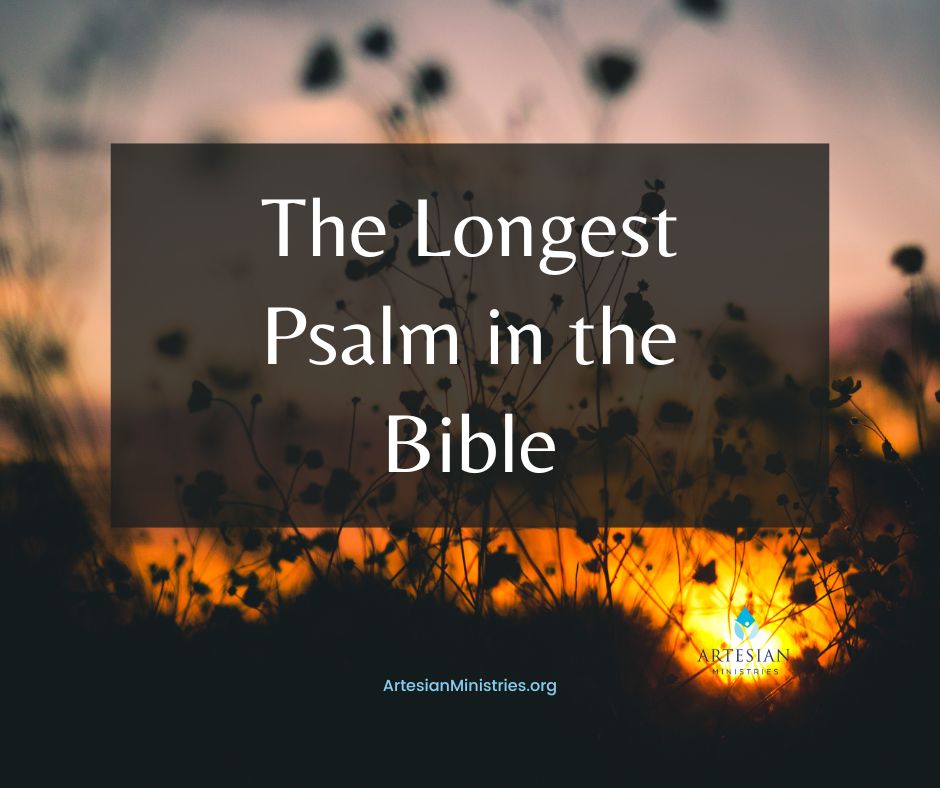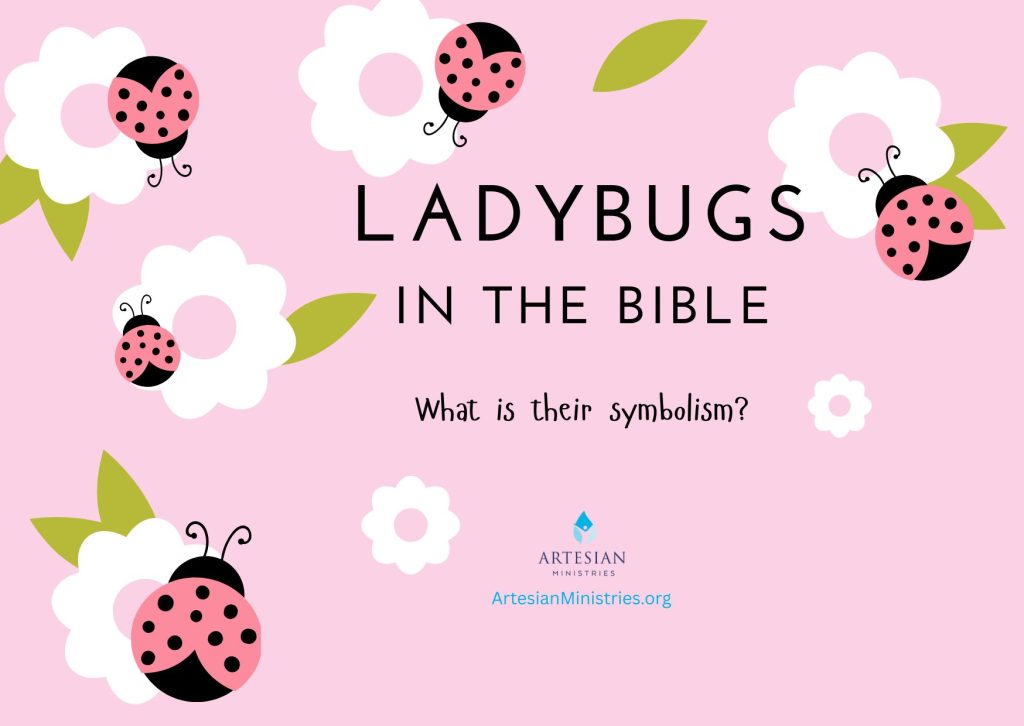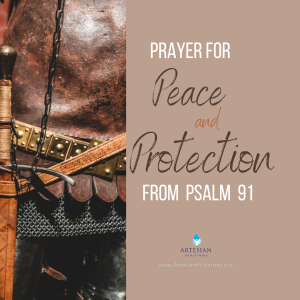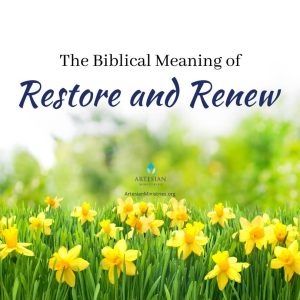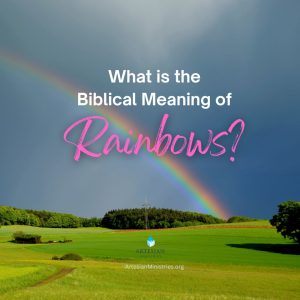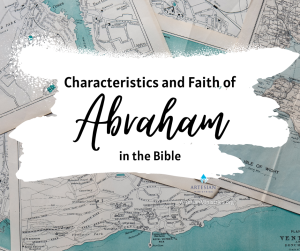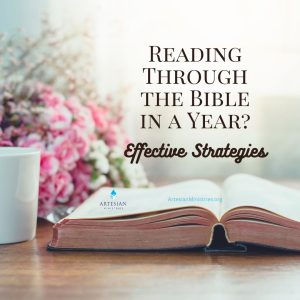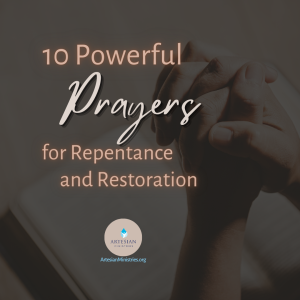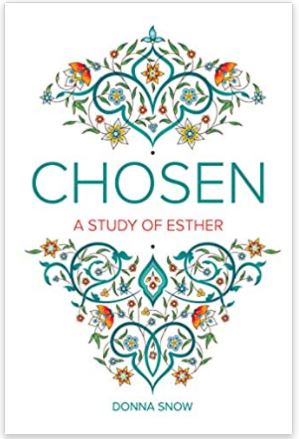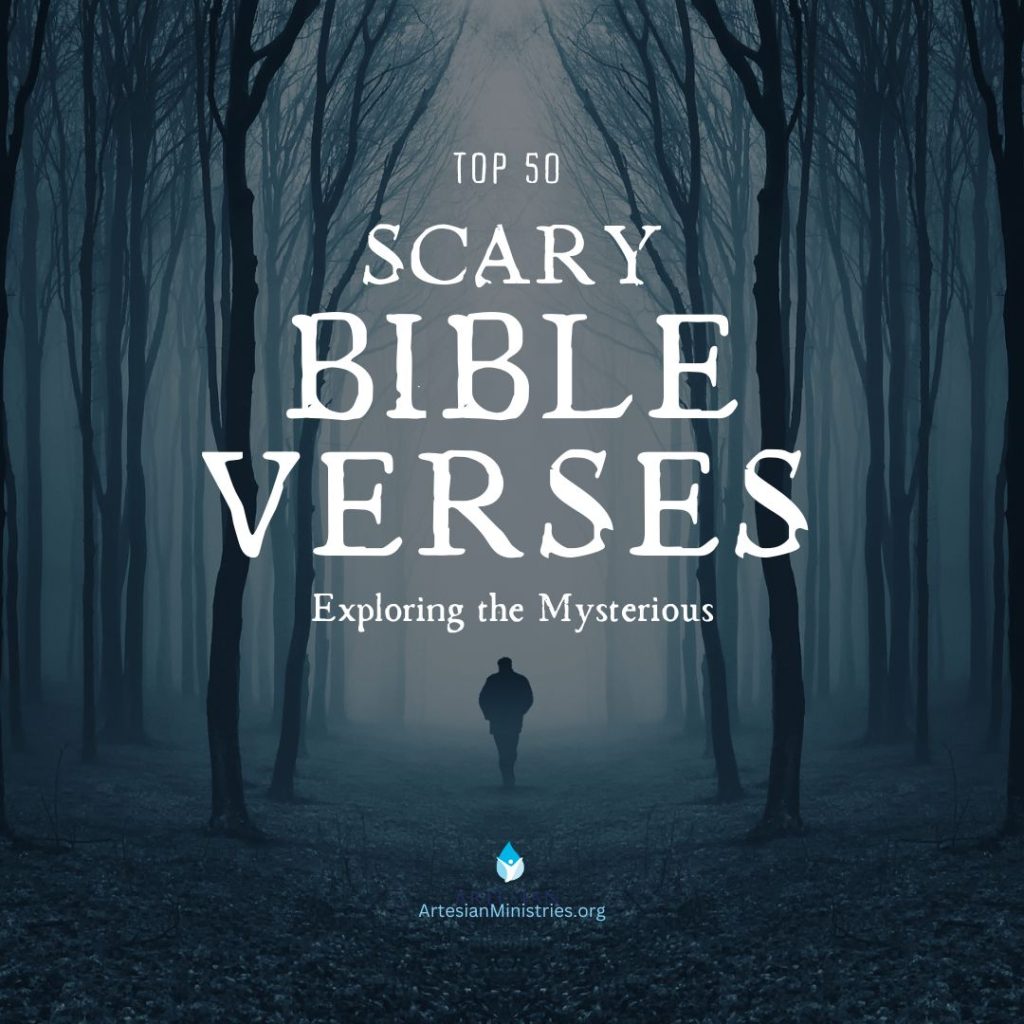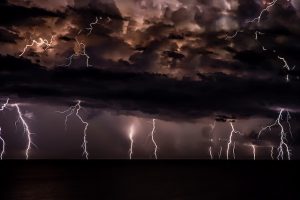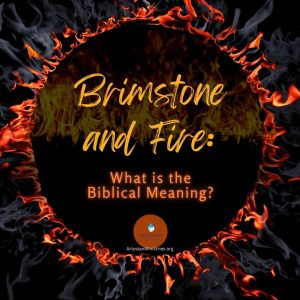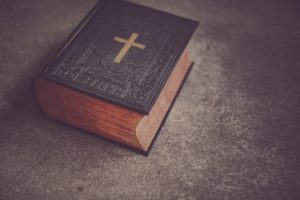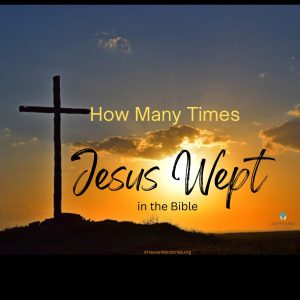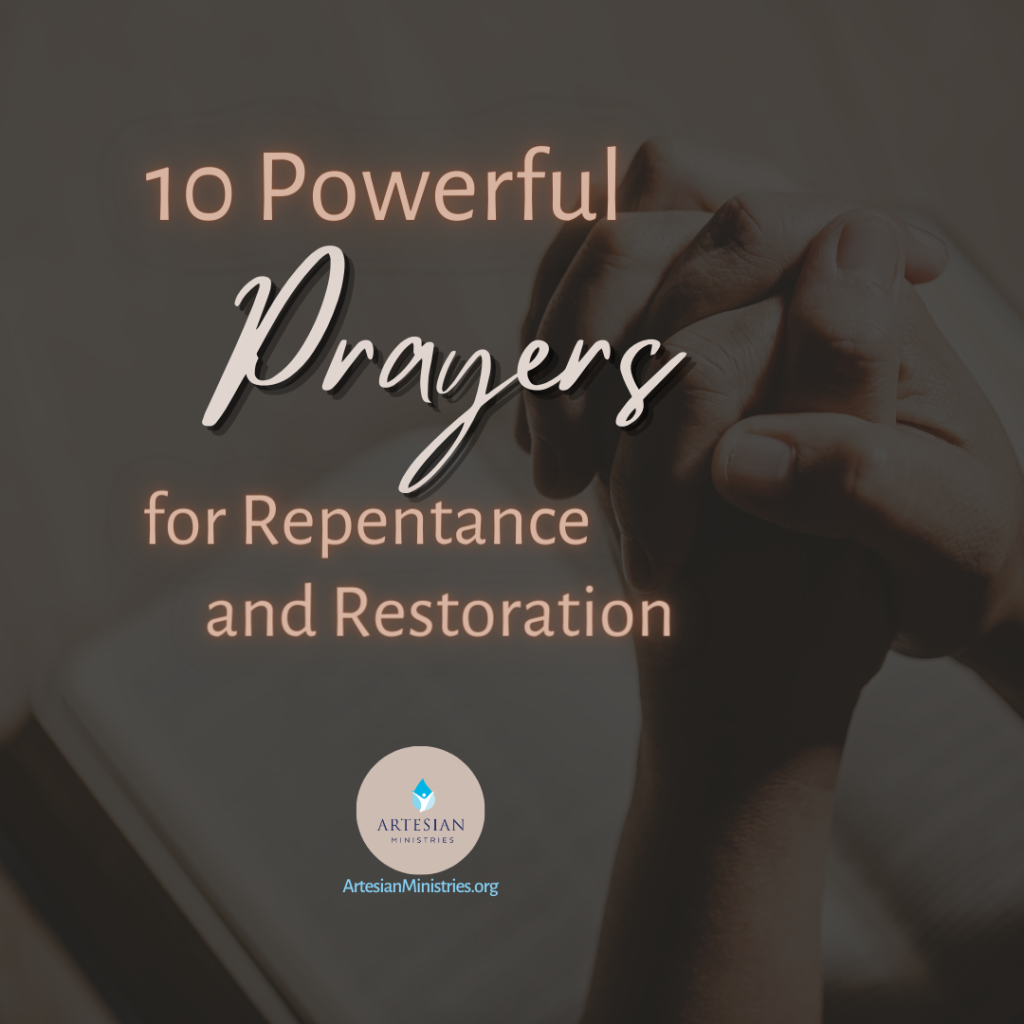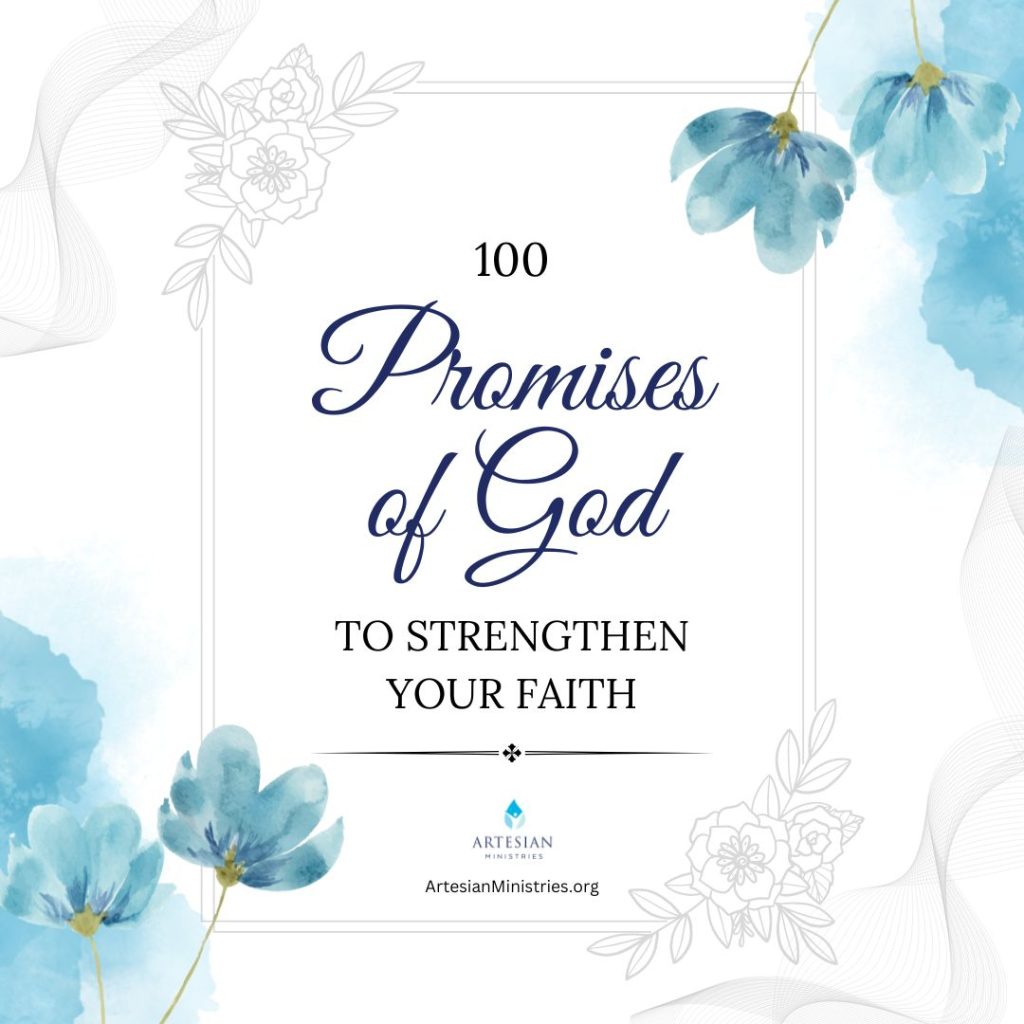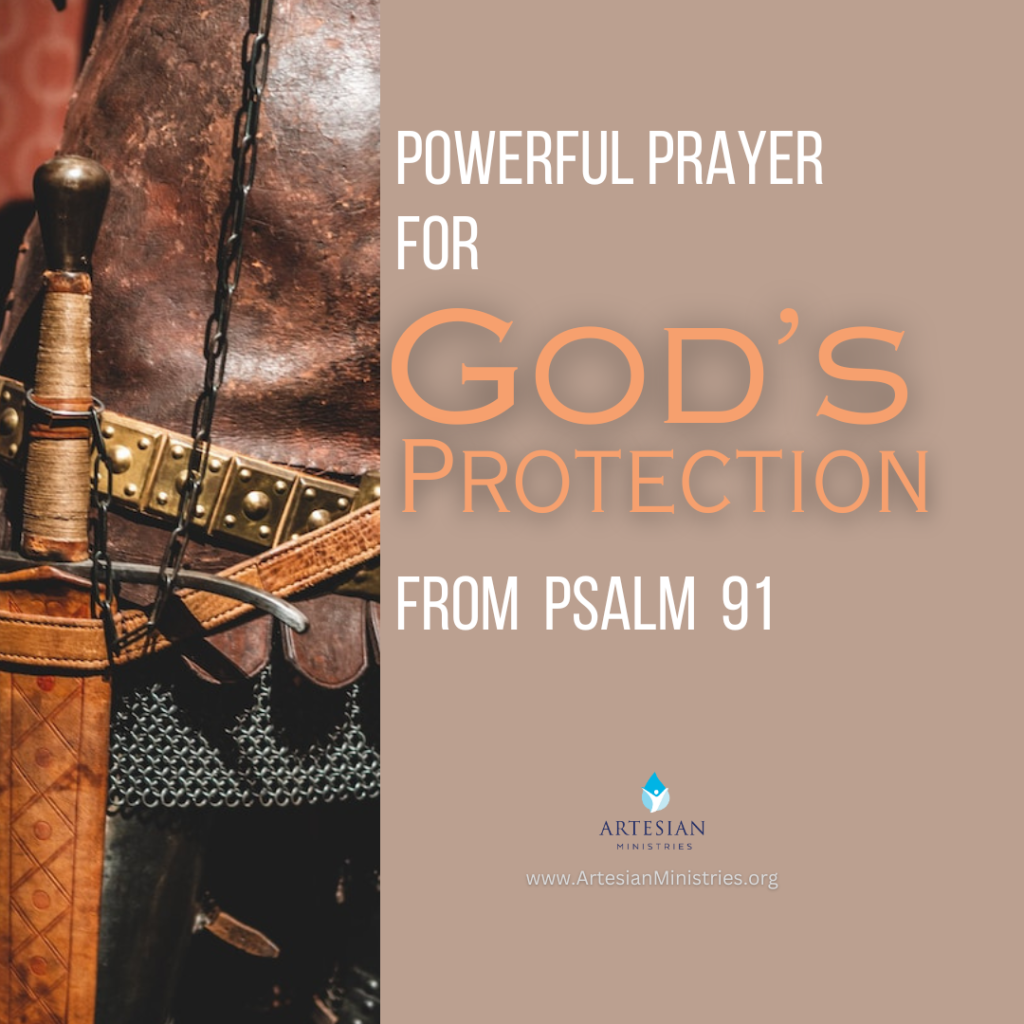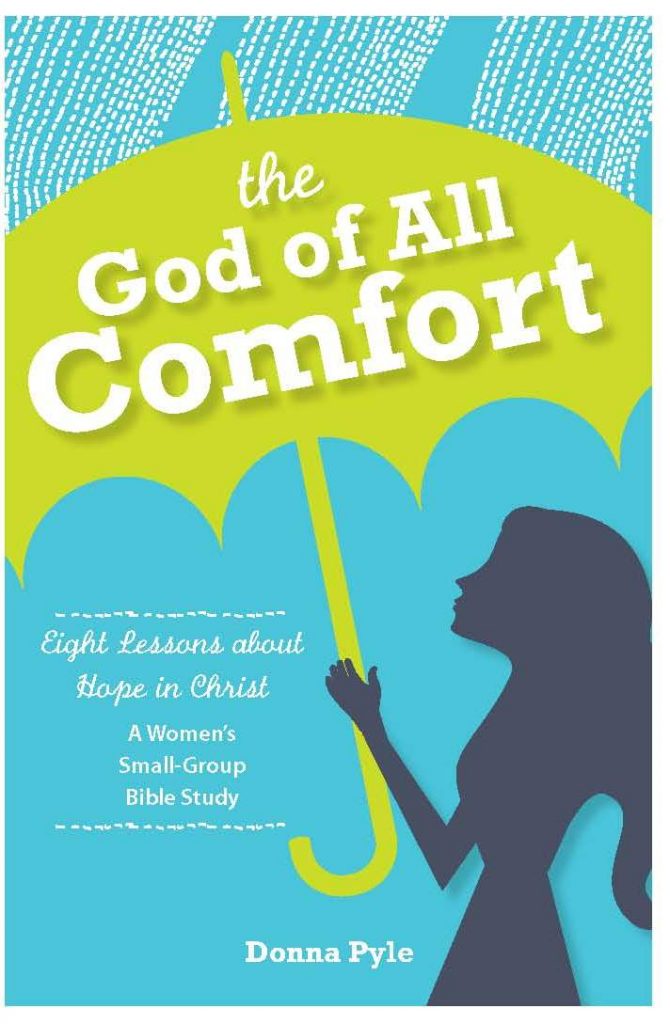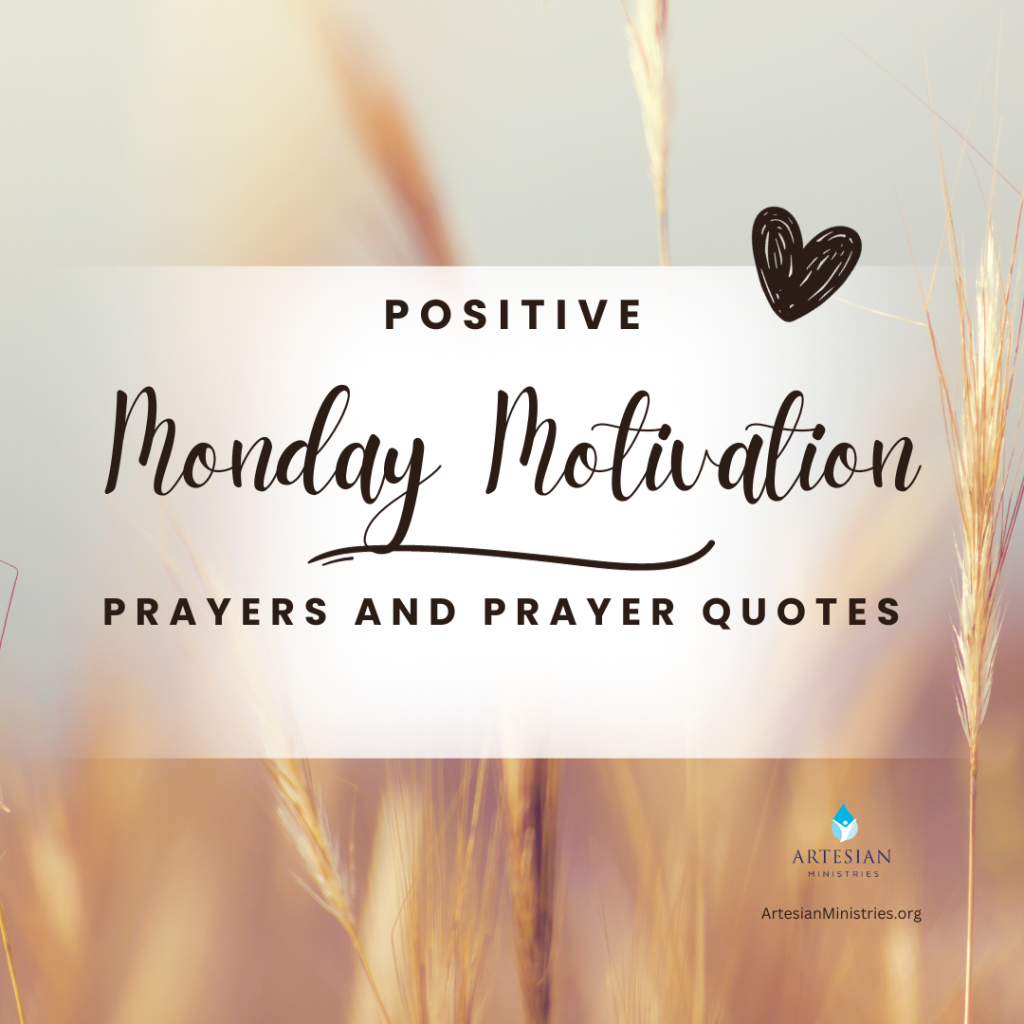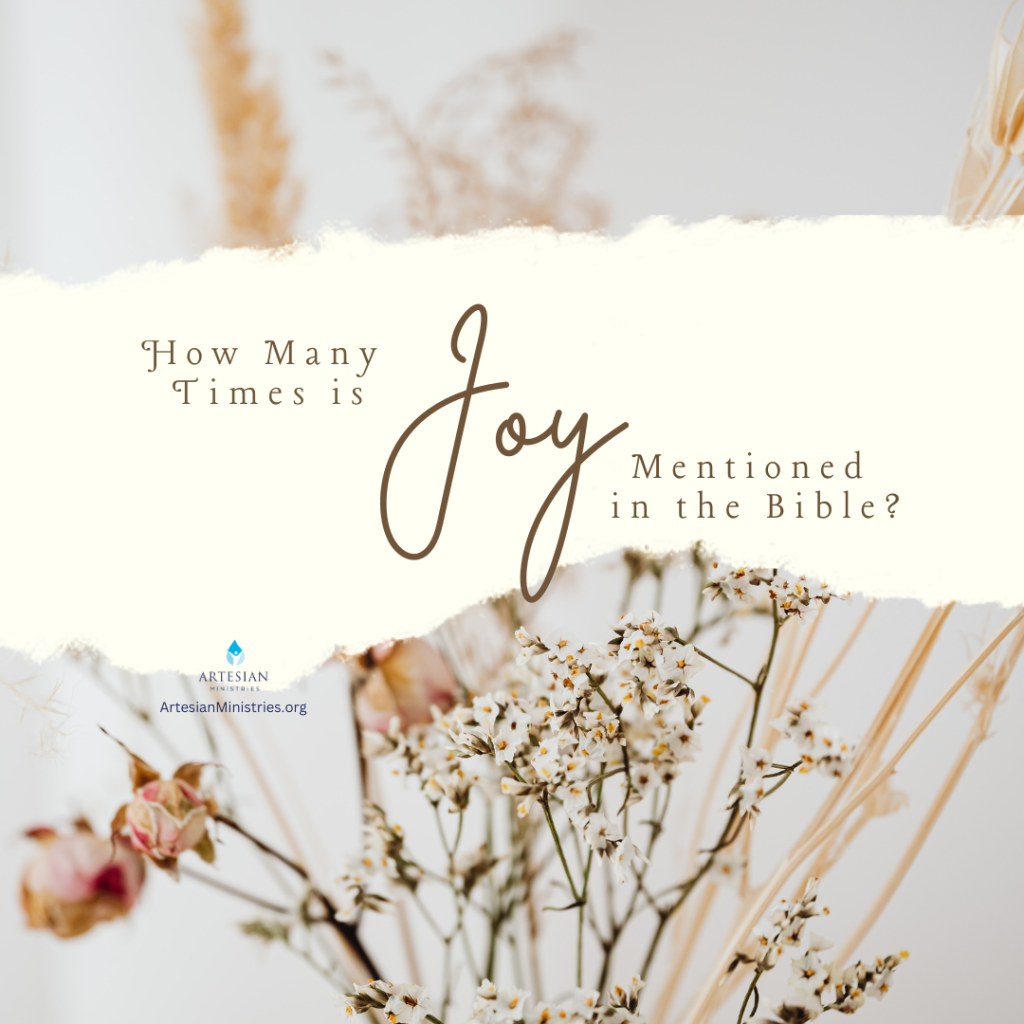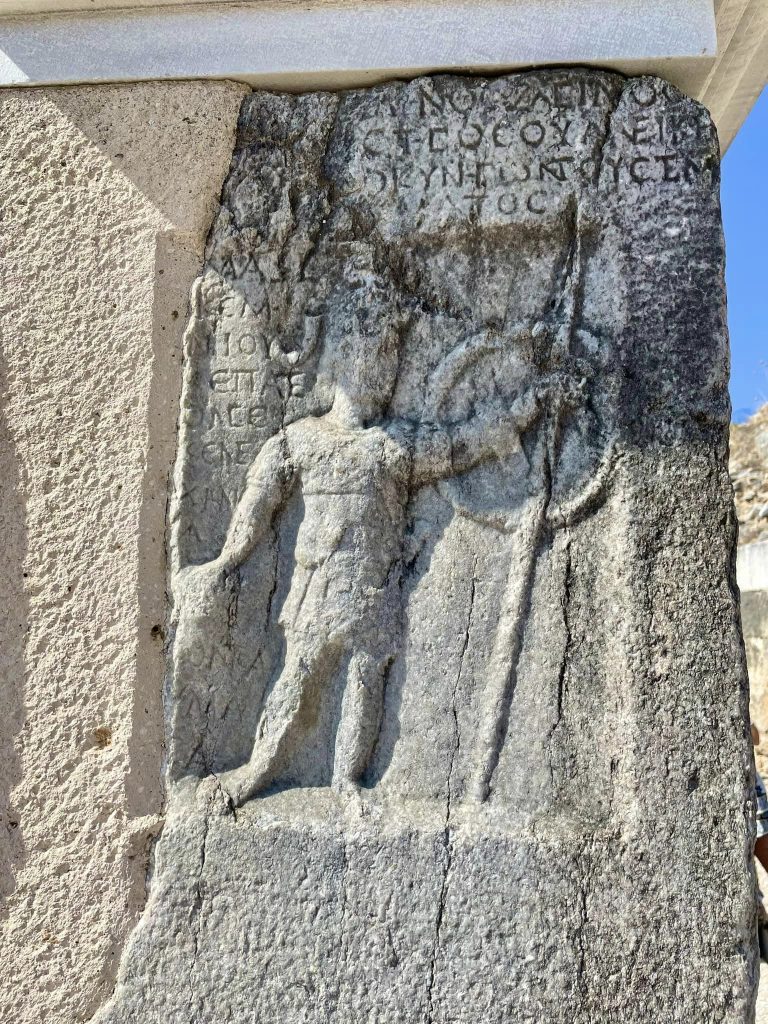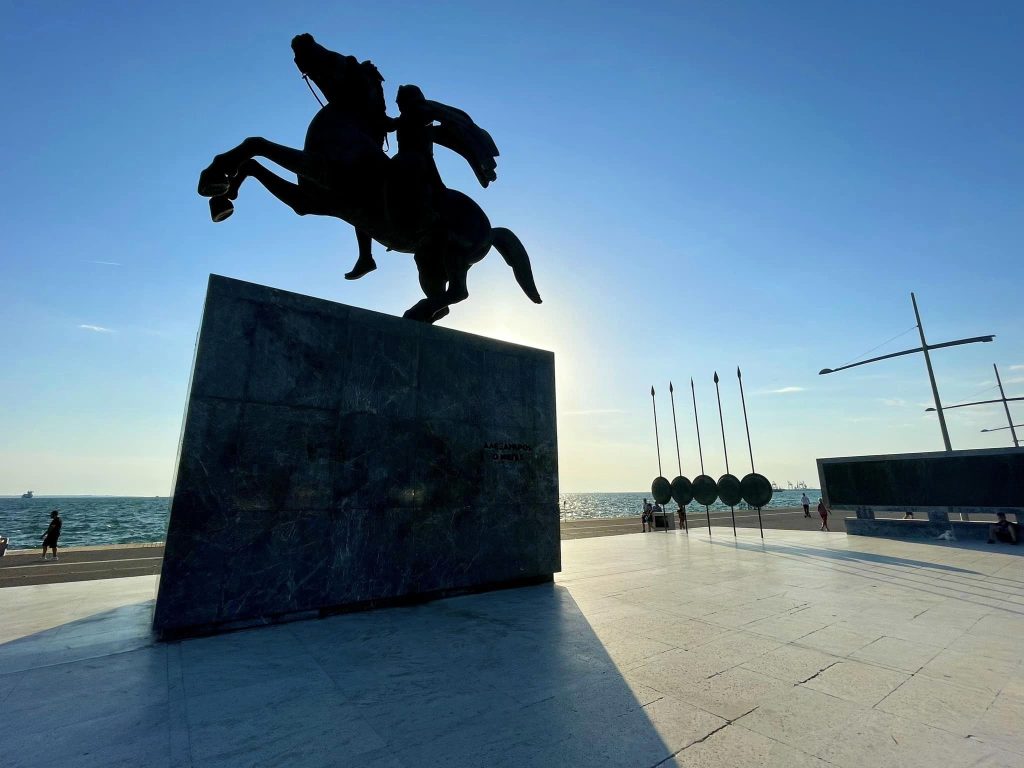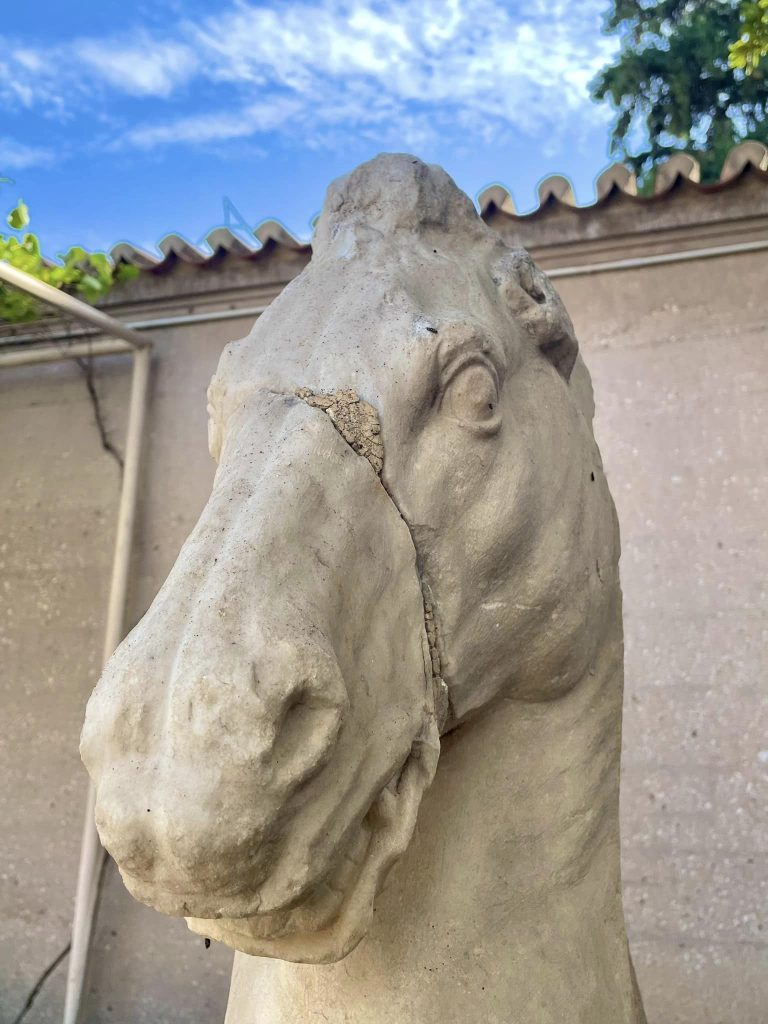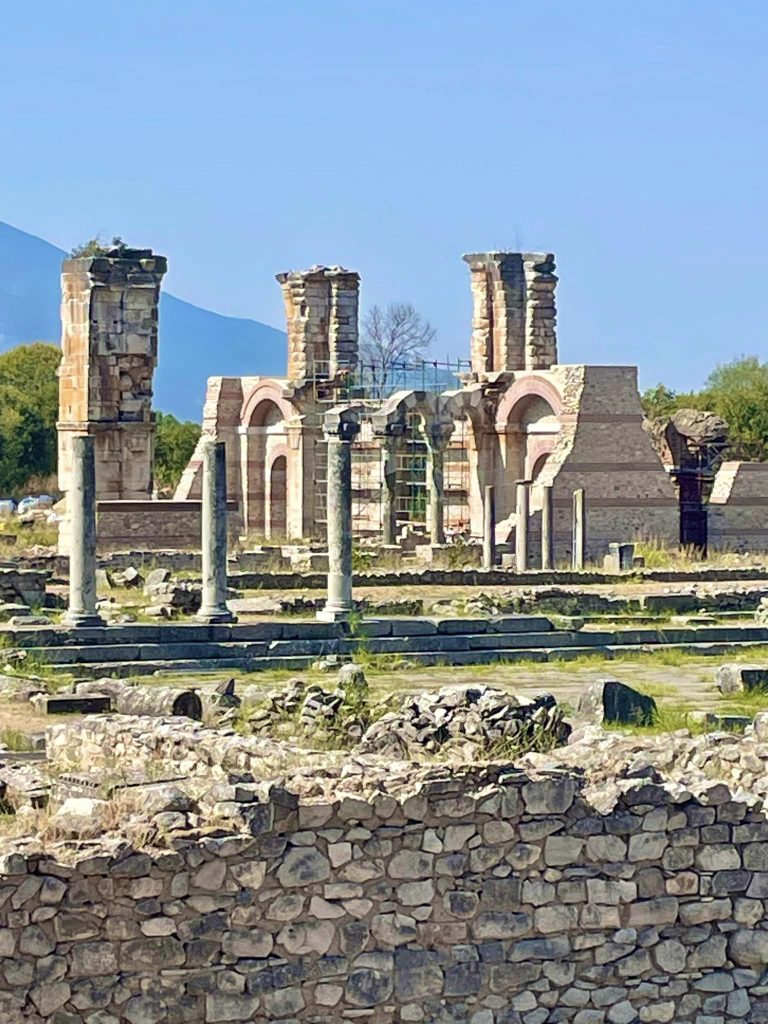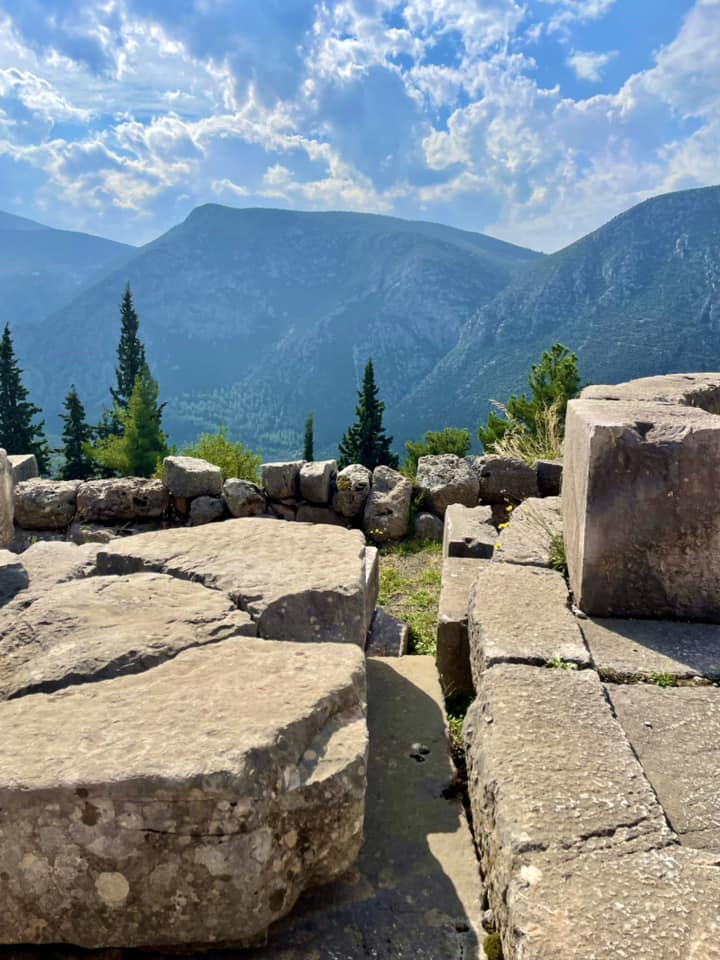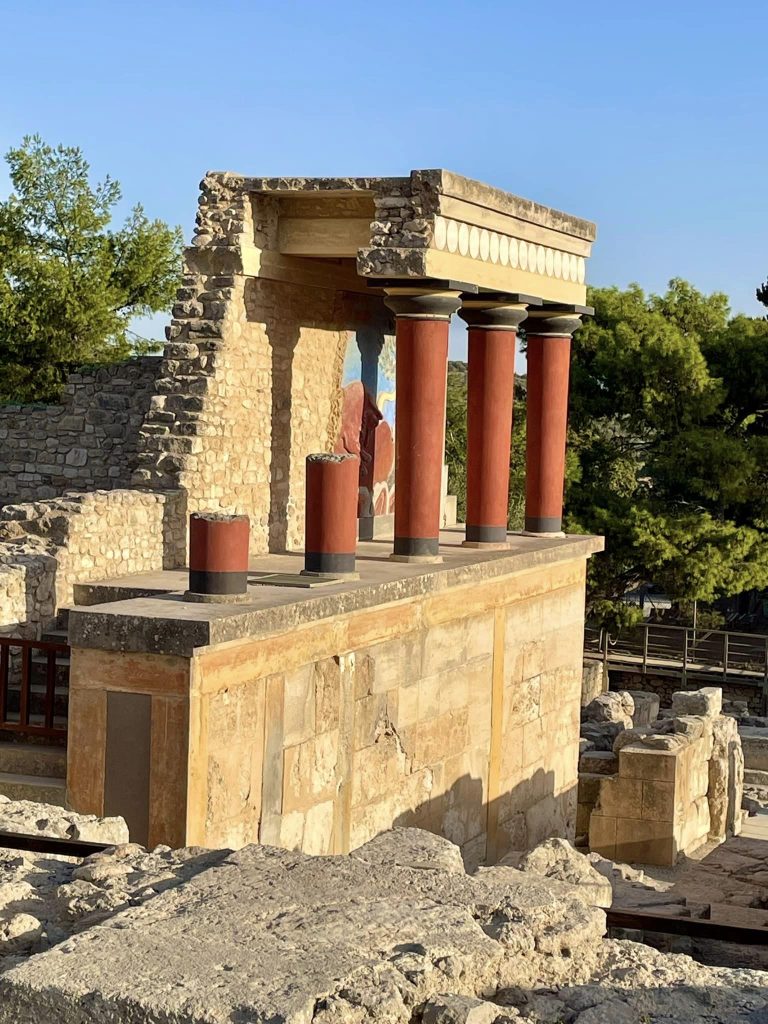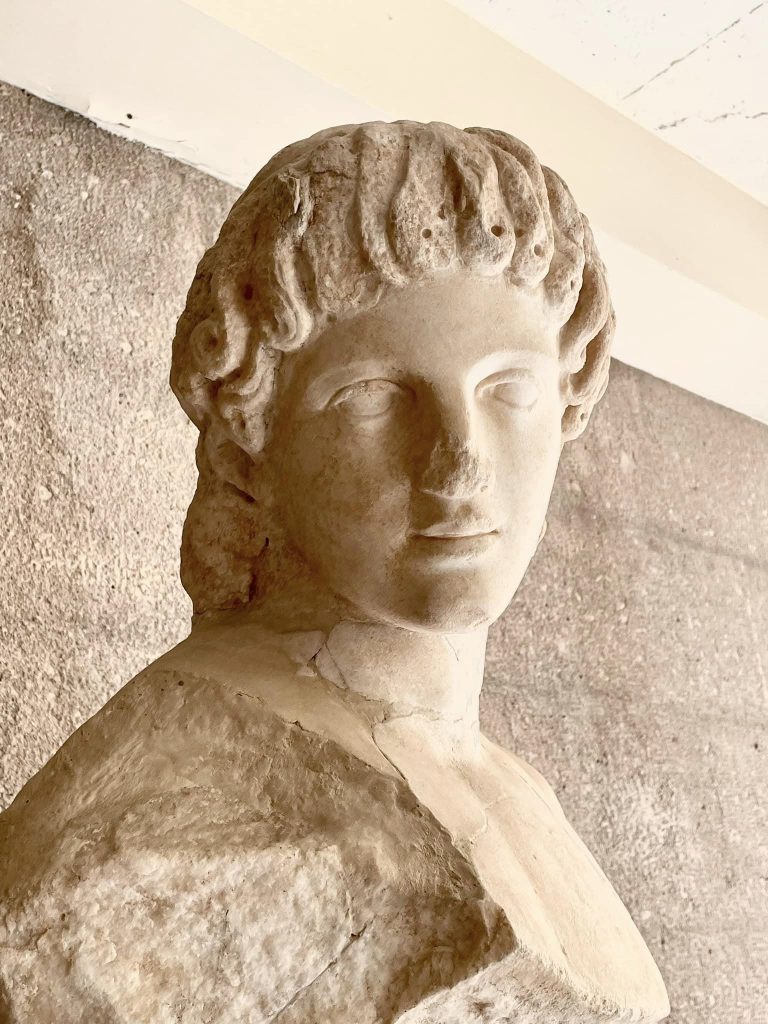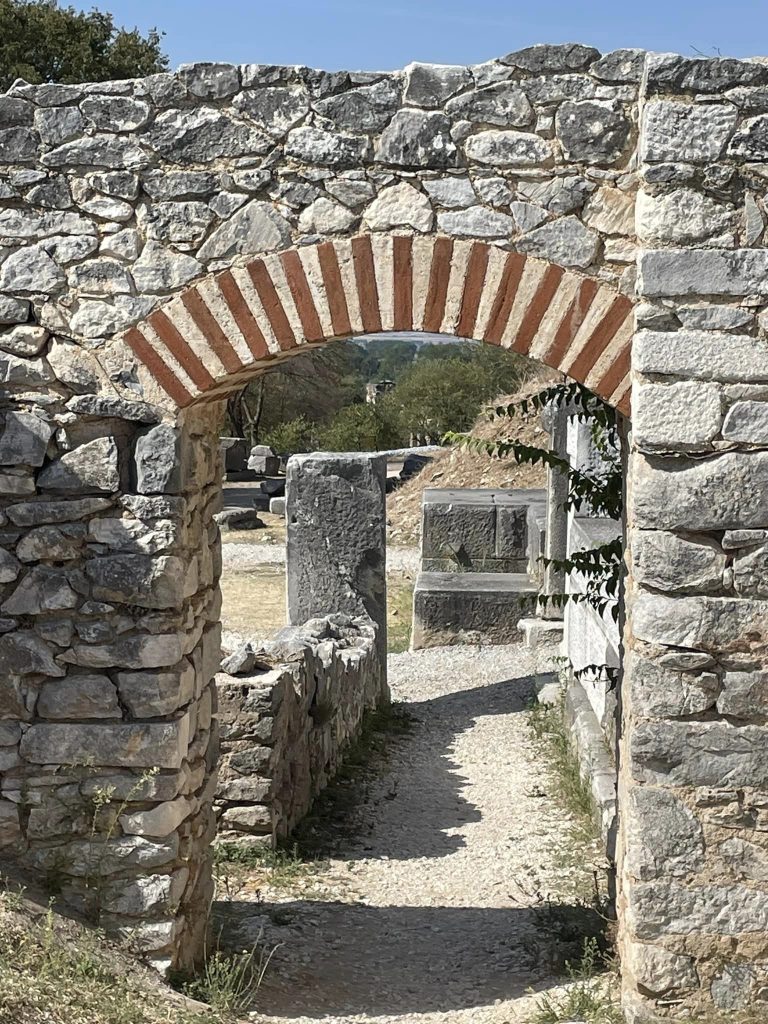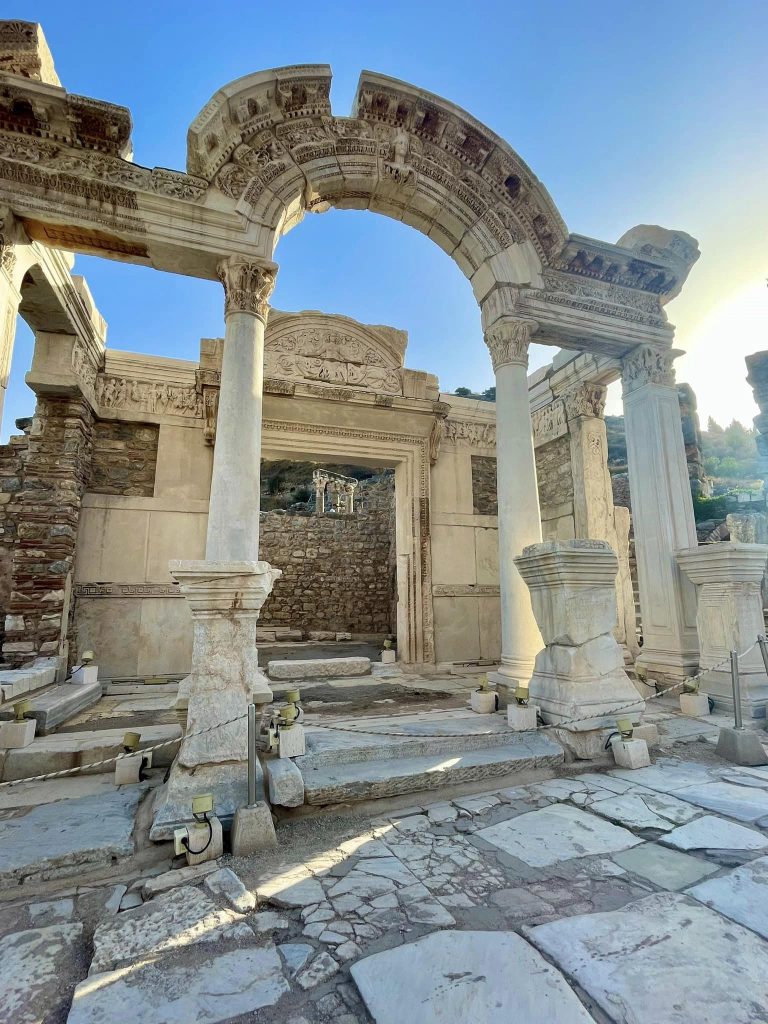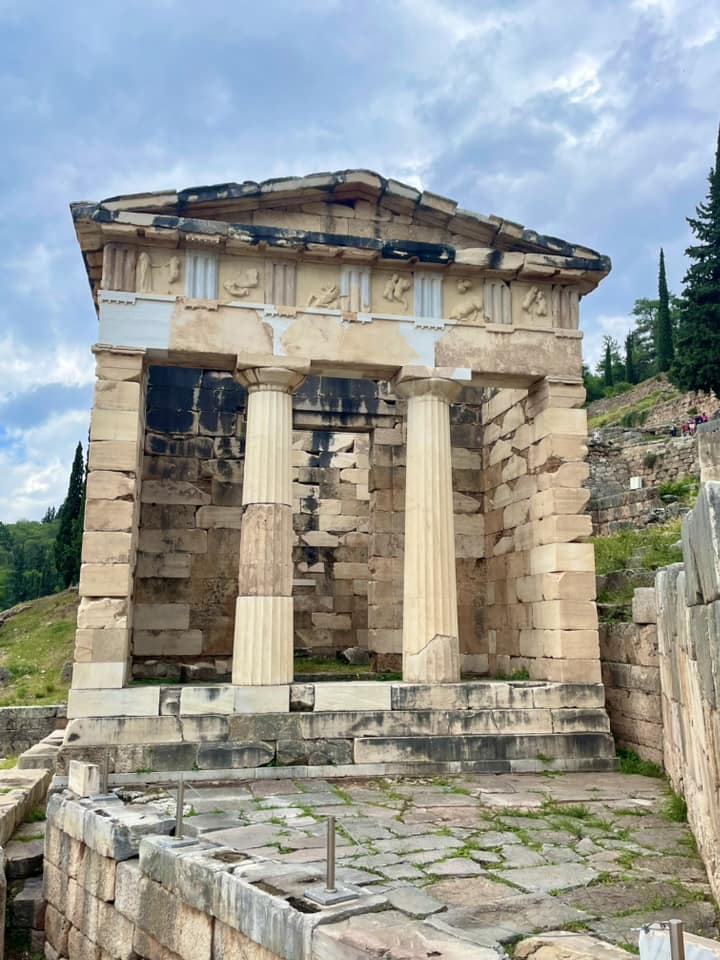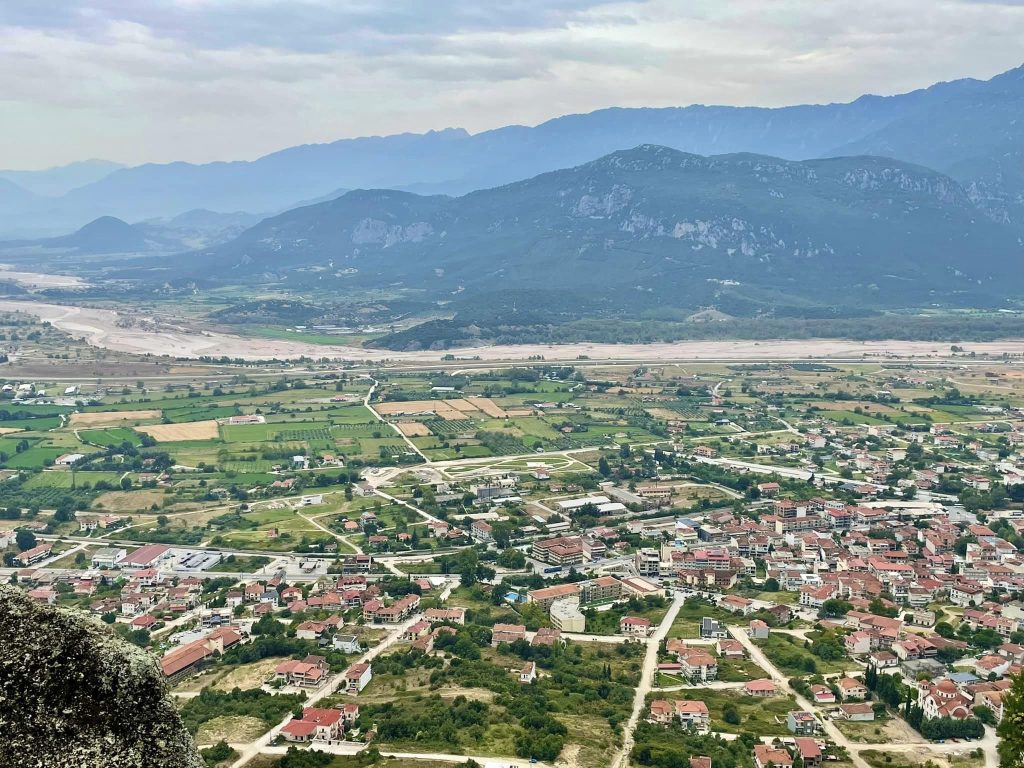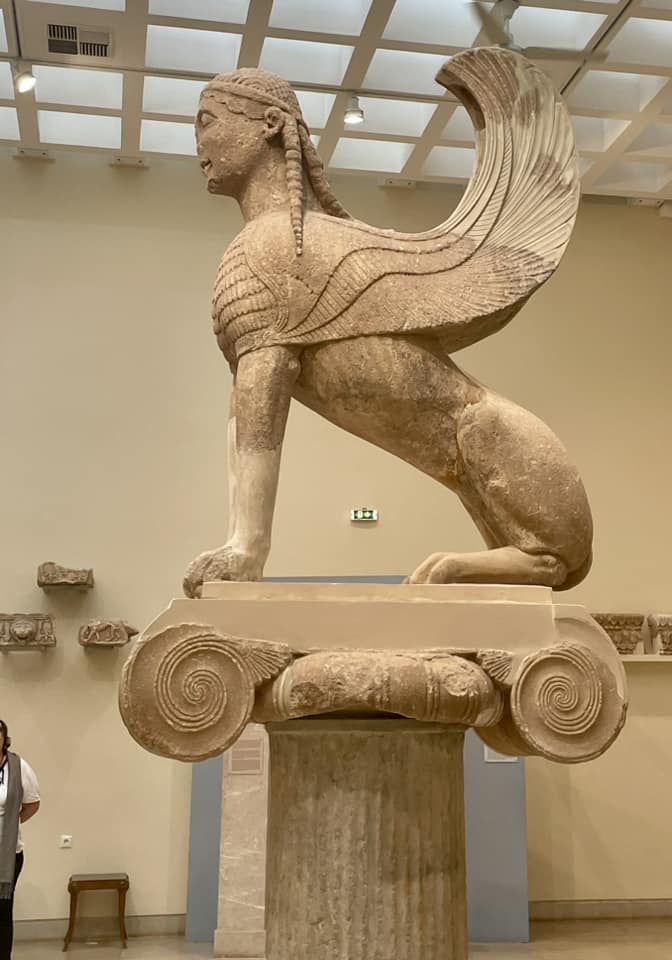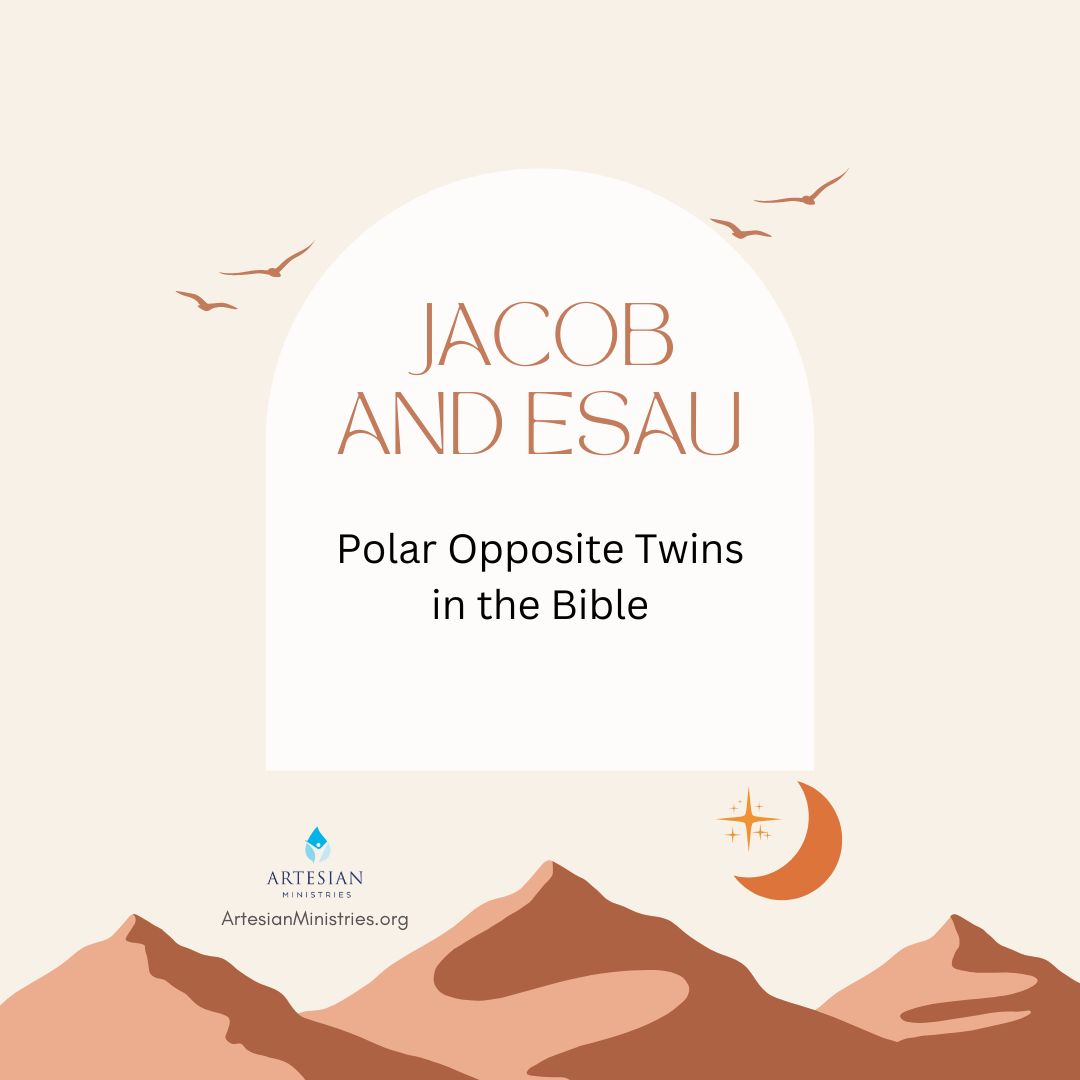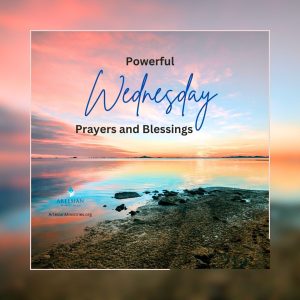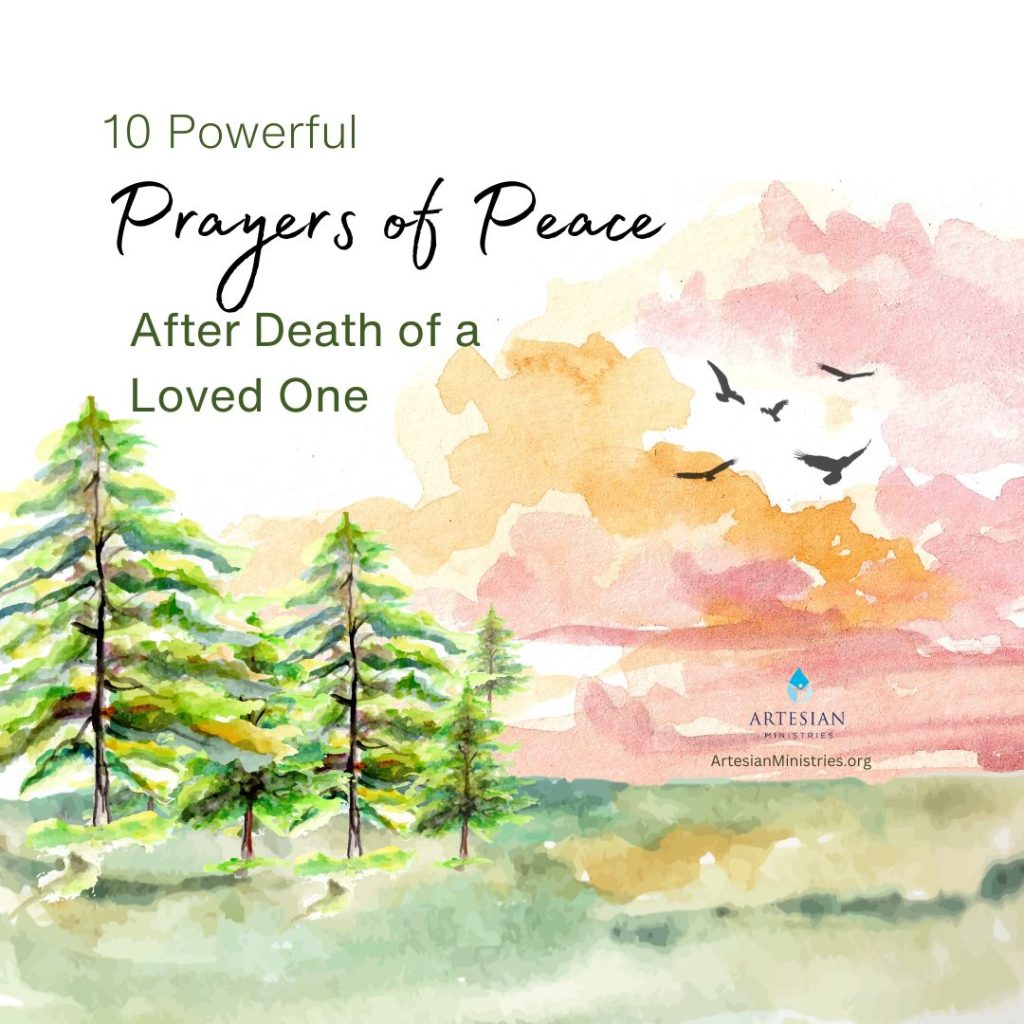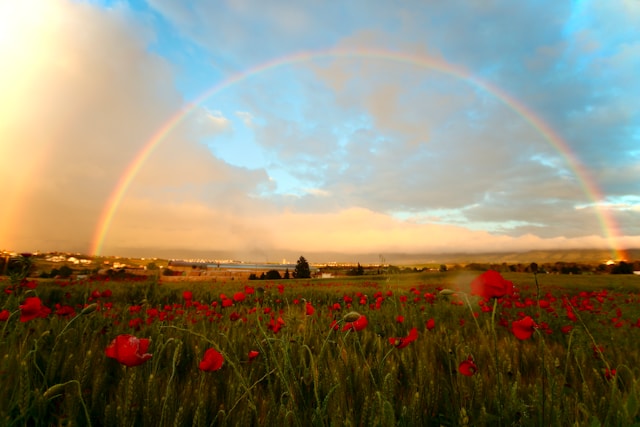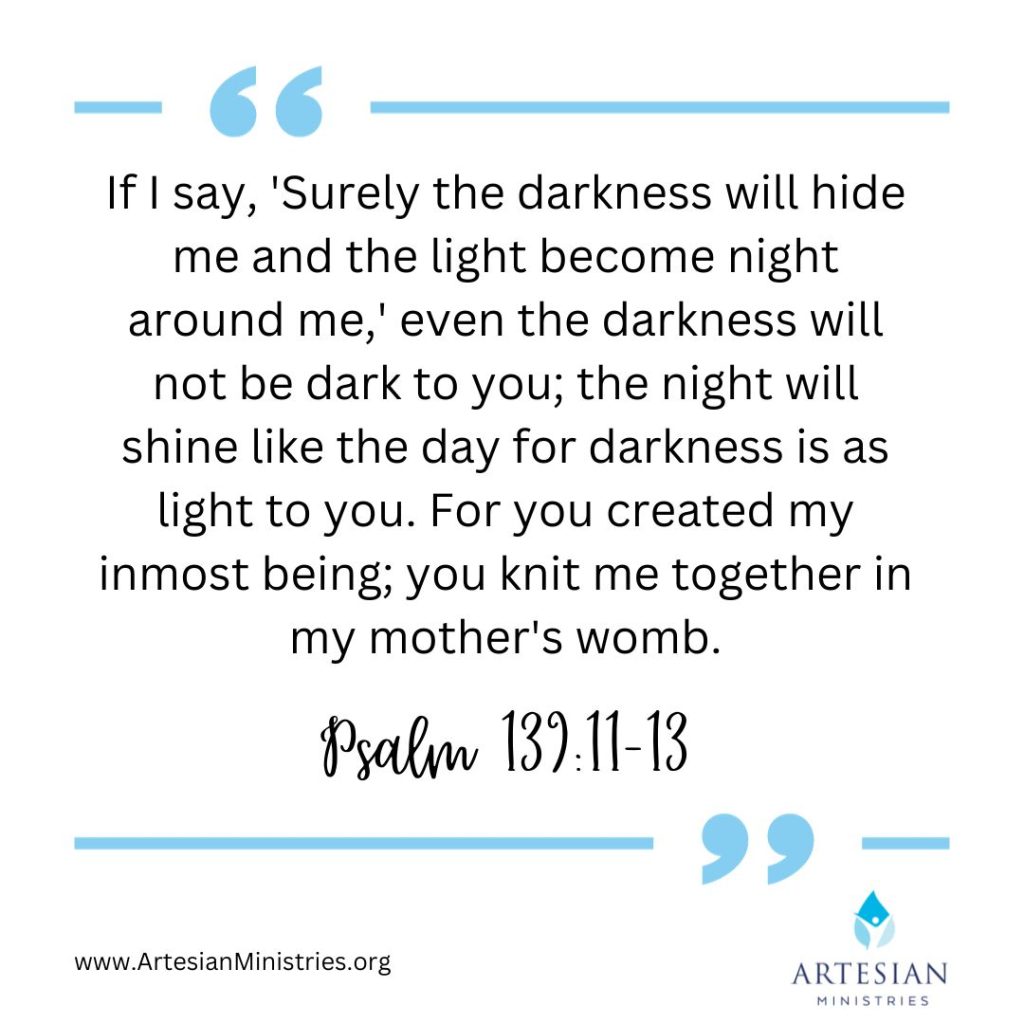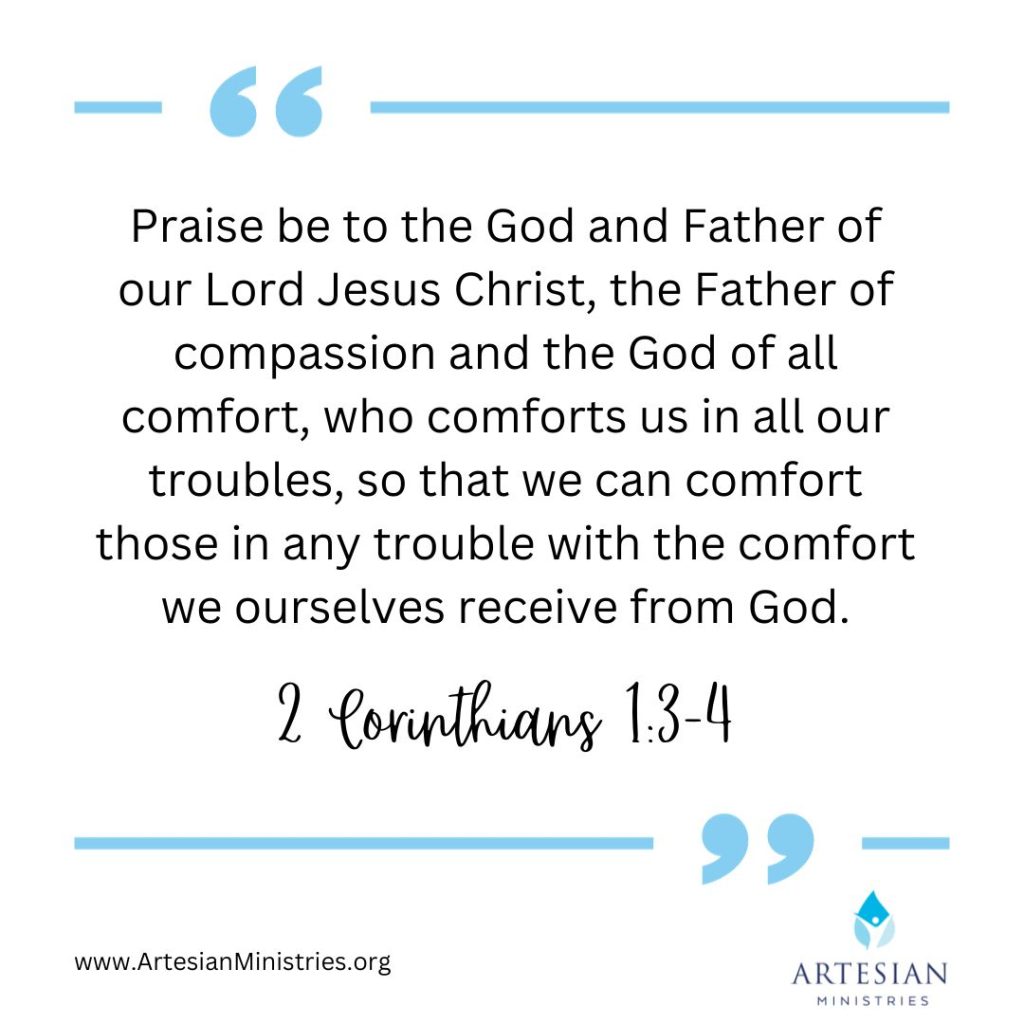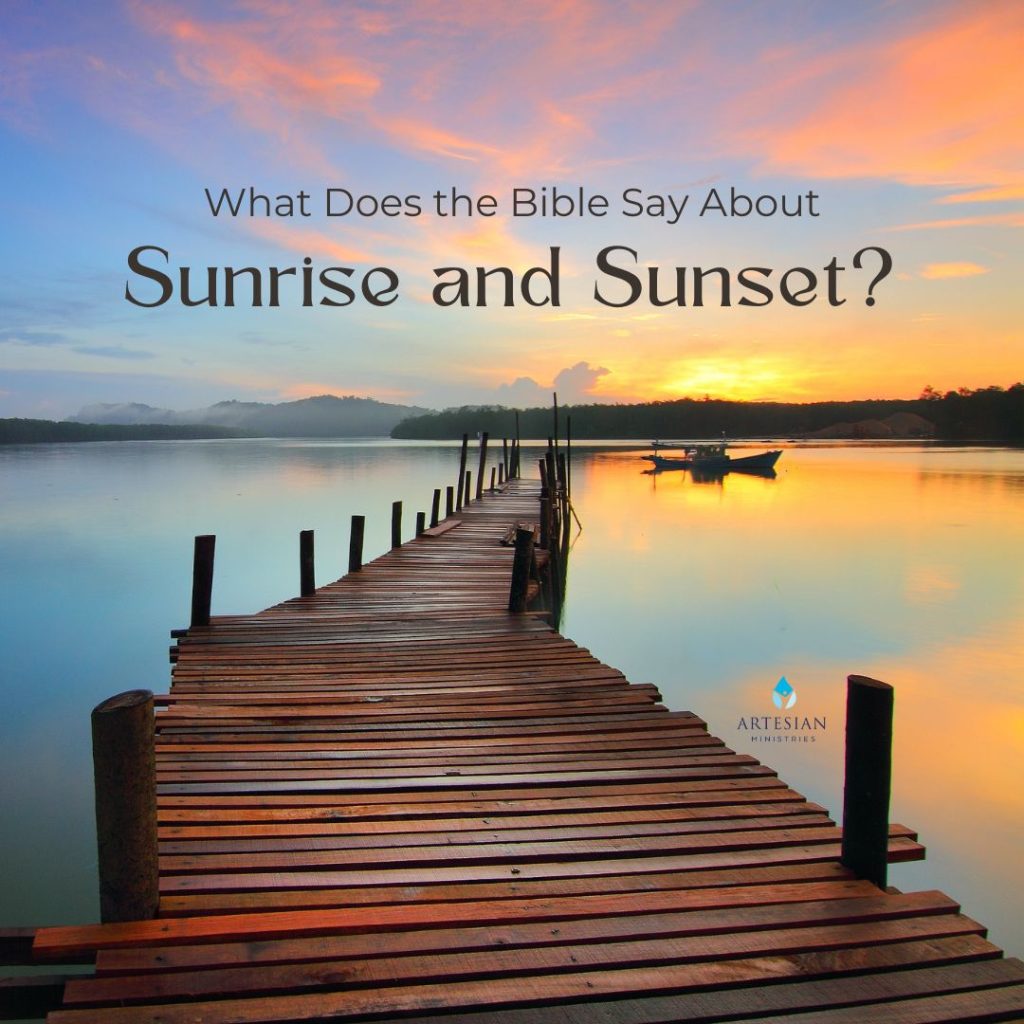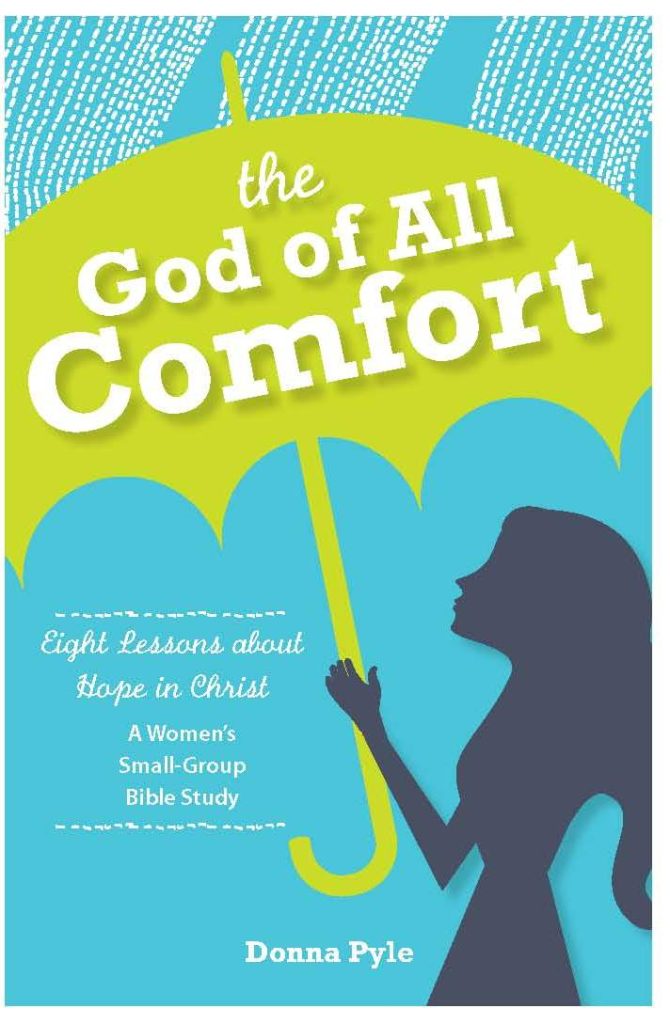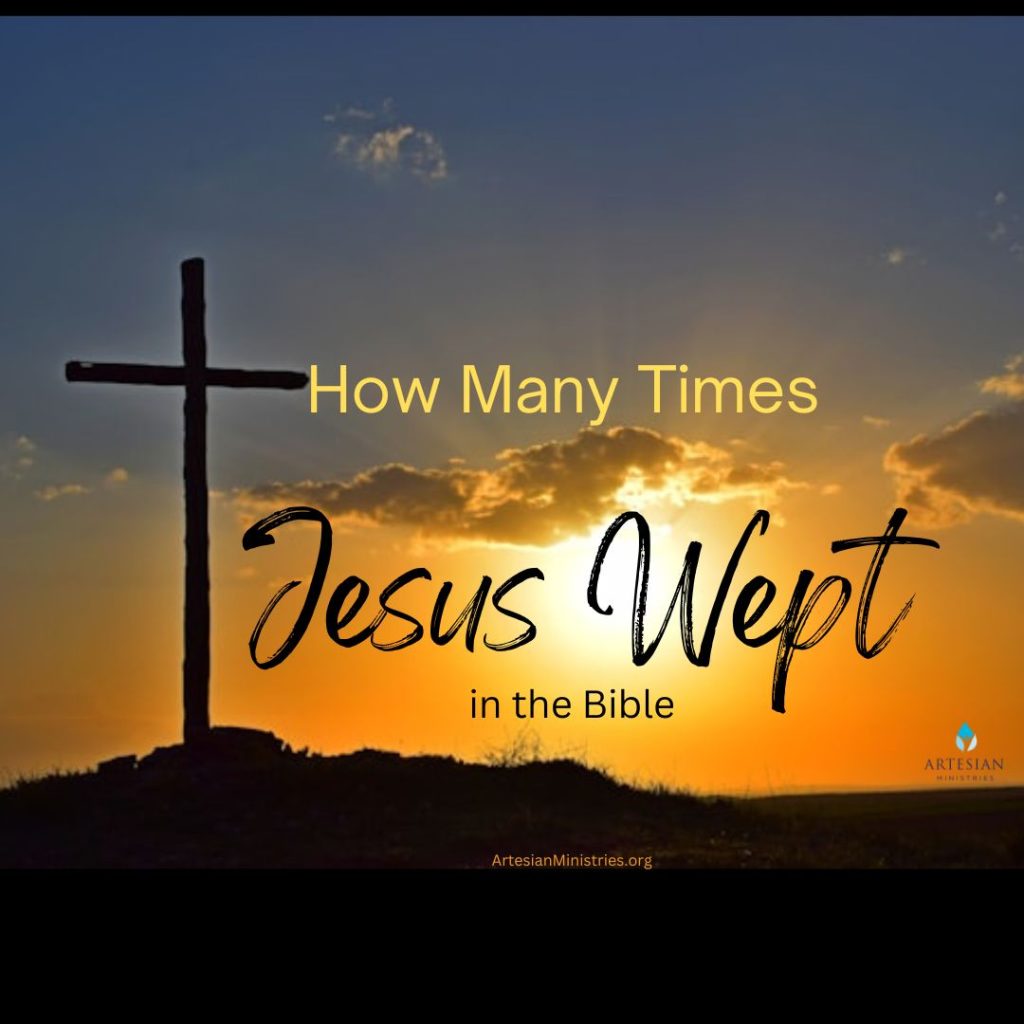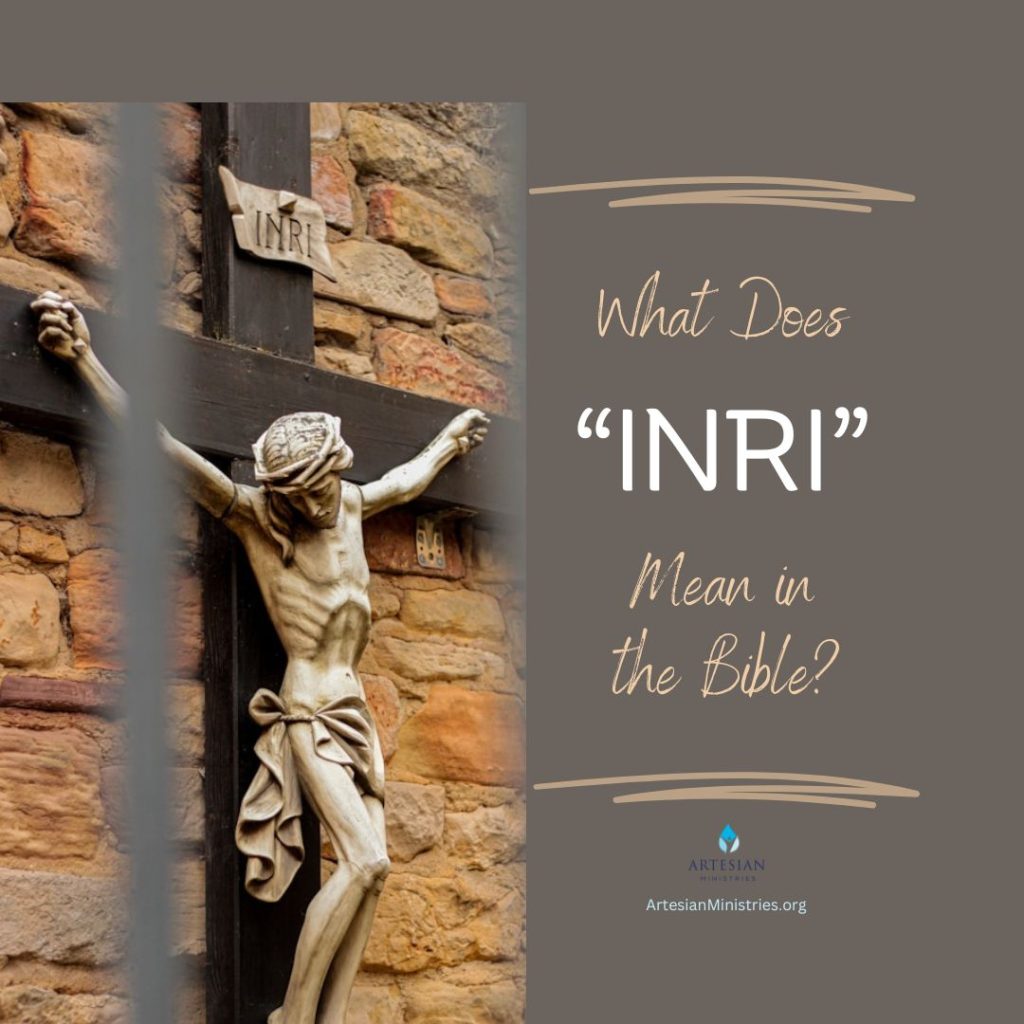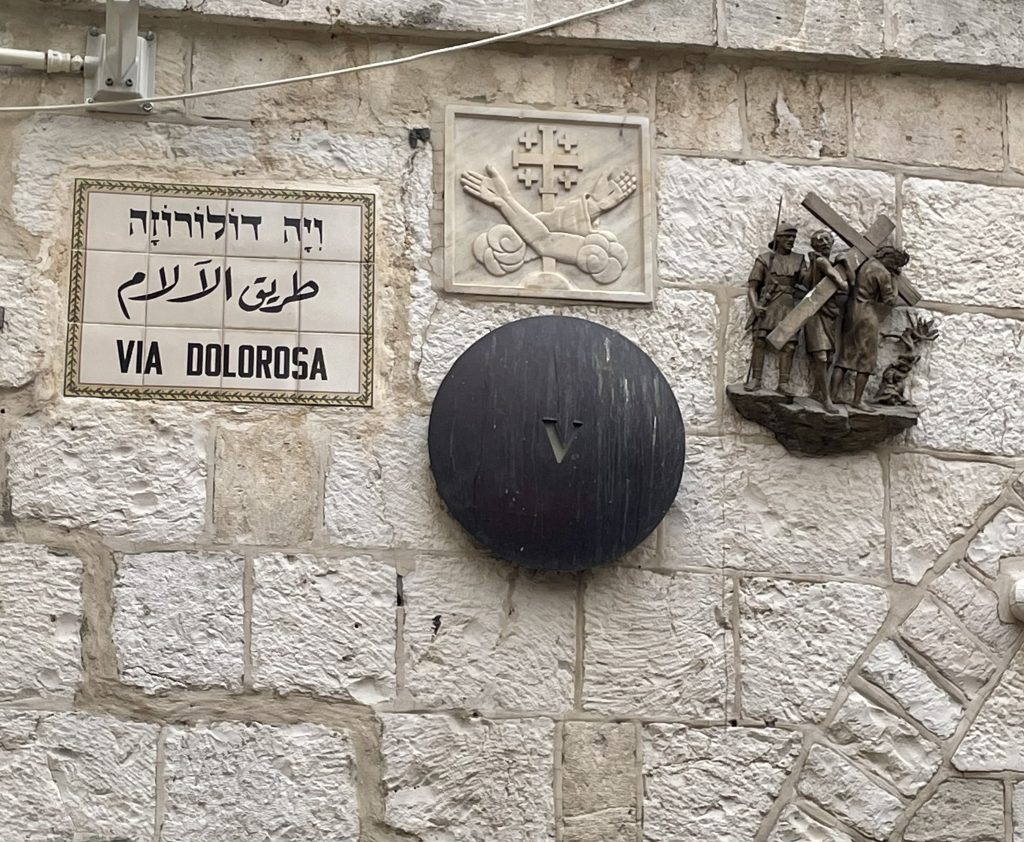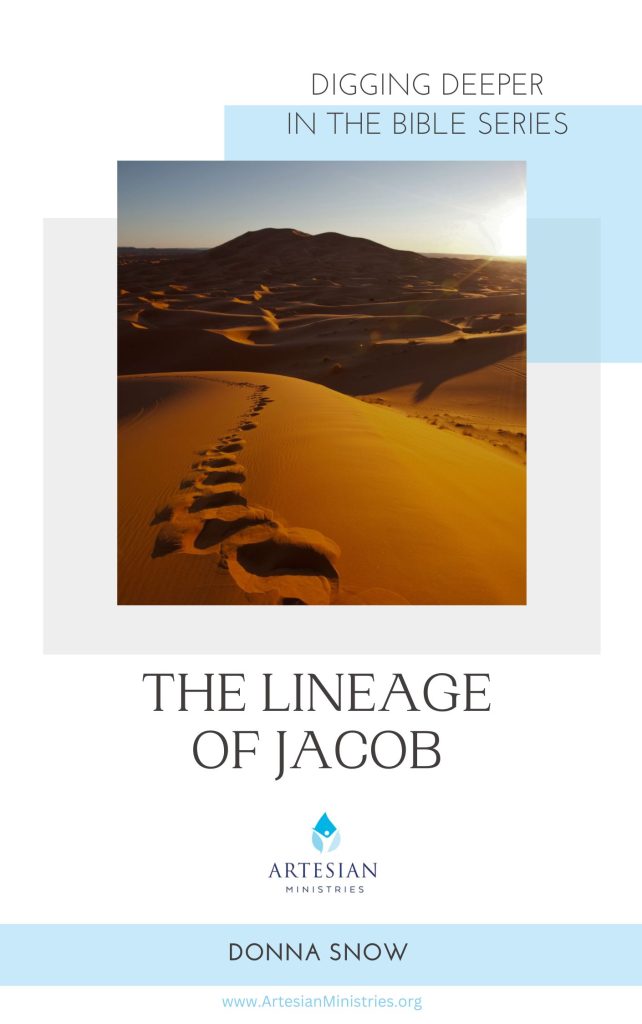Giants appear within rich biblical stories and historical contexts that shape our understanding of their size and significance. So exactly how big were the giants in the Bible?
When you start exploring how tall giants were in the Bible, it’s helpful to set the scene first. Giants don’t just pop up randomly.
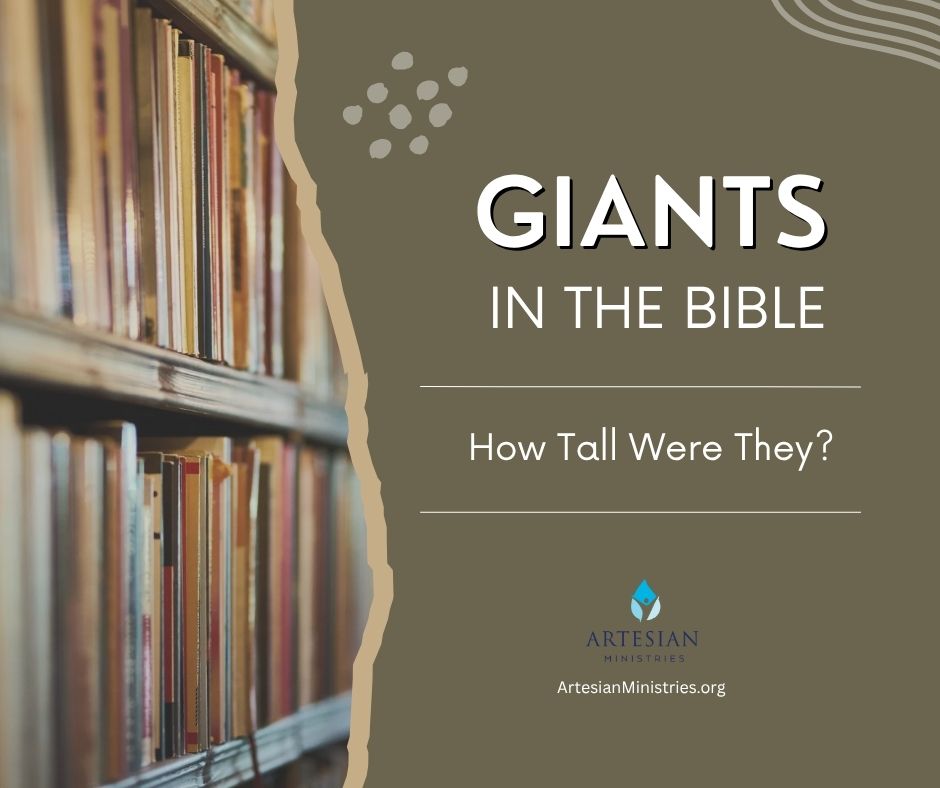
Table of Contents
Biblical Context of Giants
Famous Biblical Giants and Their Sizes
Who Were the Nephilim?
The Rephaim and Their Stature
Symbolism and Meaning of Giants in Scripture
Biblical Context of Giants
The Bible doesn’t always use the exact word “giant.” Terms like Nephilim, Rephaim, or Anakim might be translated as “giants” or simply “great men” depending on the version. This affects how we picture their size. It is wise to check the original Hebrew terms to get a clearer sense of what “giant” means contextually.
References to the existence of giants pop up in the Old Testament. Genesis, Numbers, Deuteronomy, and Samuel show that a group of giants was known across time and tribes. Their presence is sometimes linked to conflicts or legends that frame them as formidable opponents.
The Nephilim specifically are introduced before the great flood, which ties them to early mysterious unions and signals a supernatural or mythic origin. This affects how their size should be understood.
Related: Nimrod in the Bible: Who Was He and How Did He Die?
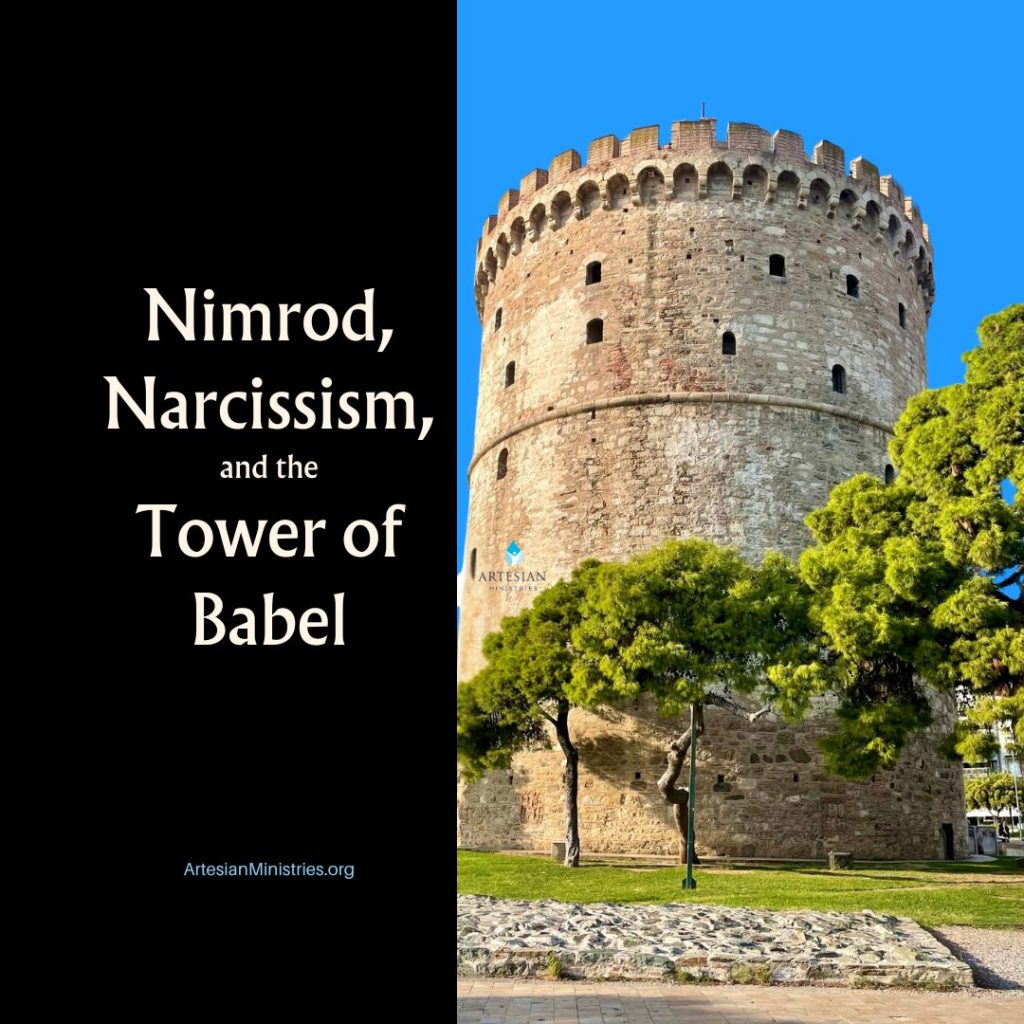
Symbolism of Giants
Some giants of times past serve as symbols of oppression or sin. In other cases, they are simply warriors of impressive stature. This variance of the human race of large people suggests that their “height” might have metaphorical layers.
Ancient Hebrew texts had limited numerical measurements compared to today. Translators had to estimate or interpret heights, so original measurements might differ from newer versions.
Giants straddle history and mythology, which means understanding their height demands a blend of ancient history, theology, and cultural reception.
The biblical text sometimes describes giants as taller than normal men, but not always with specific numbers, so “giant” could mean anything from a tall man of seven feet to astonishingly more.
Common Myths
- Myth: Biblical giants were always twenty feet or taller.
Truth: While some texts imply enormous size, most measurements range from seven to twelve feet, with extreme heights often from later interpretations or legends. - Myth: All giants were evil beings.
Truth: Giants’ roles varied widely—some were enemies of Israel, while others were simply part of powerful warrior clans without evil connotations. - Myth: The Bible gives exact, scientifically verifiable measurements.
Truth: Ancient units like cubits leave room for interpretation, and the Bible’s main focus isn’t literal measurement but storytelling and symbolism.
Related: Jacob and Esau – Polar Opposite Twins in the Bible
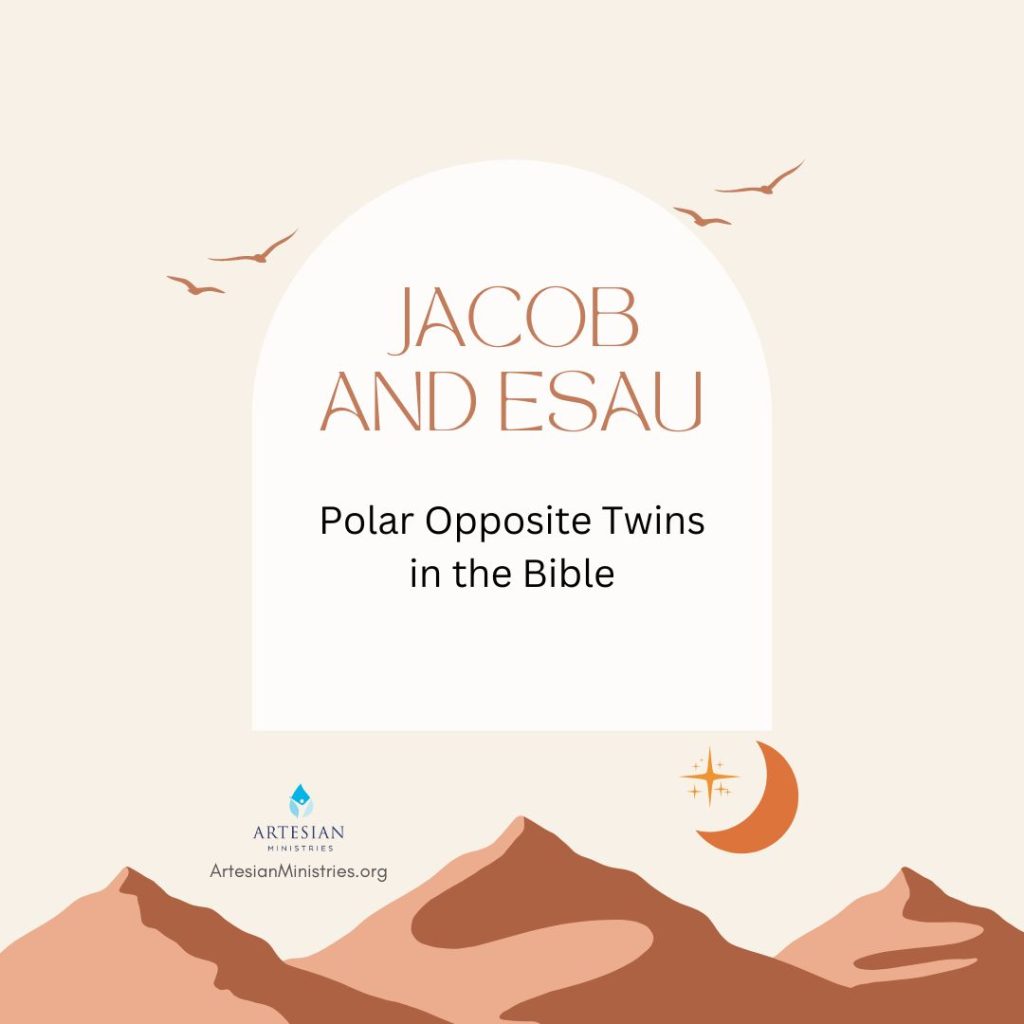
Types of Giants in the Bible
The Bible doesn’t speak of giants as a single group but references several distinct kinds, each with their own traits and stories. Understanding these different categories—like the Nephilim, Anakim, and Rephaim—is vital for grasping how their heights might have differed, as well as their symbolic meaning.
Introduced in Genesis 6, the Nephilim are described as the offspring of “sons of God” and “daughters of men.” The descendants of the Nephilim suggest a hybrid origin. Their stature is implied as significant but left vague, hinting at both physical and spiritual largeness.
Frequently mentioned in the book of Numbers and the book of Deuteronomy, the Anakim were formidable inhabitants of the land of Canaan. These descendants of Anak are described as giants in the Promised Land with intimidating height and power. Their presence instilled fear among Israelite spies in ancient times due to their reputed size.
Related: How Tall Were Adam and Eve? (Giants in the Bible)
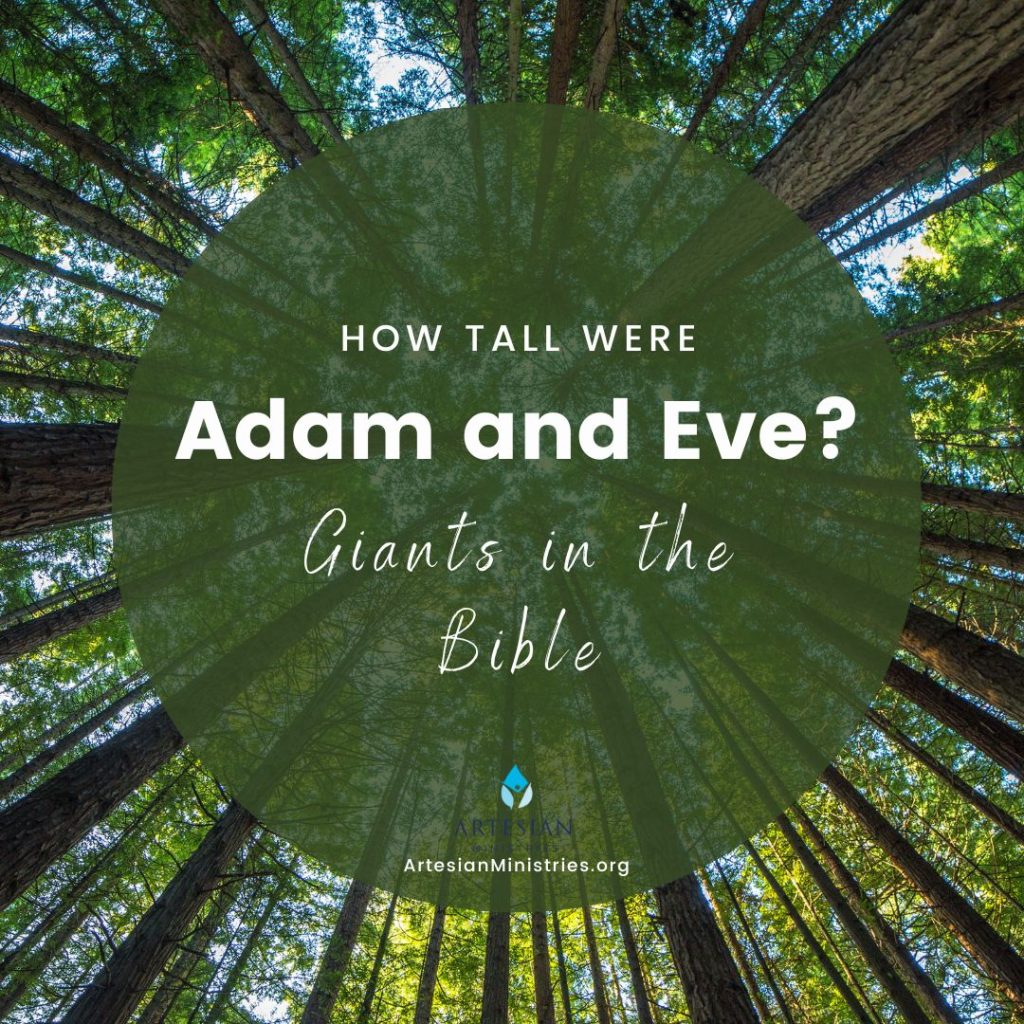
Warriors or Dead Kings?
The Rephaim are often associated with mighty warriors or dead kings. These giant men of renown are mentioned in contexts referring to ancestral giants with broad influence and potential supernatural qualities. Some of the original text links them to ancient burial sites and legends.
Cited briefly in Deuteronomy, the Emim and Zamzummim are described as tall and powerful. They lived in regions that the children of Israel later conquered. Although details are scarce, their mention contributes to the picture of multiple giant clans.
Not all giants were equal in height or threat level. Some clans might have been taller or more warlike, showing a hierarchy among giants in biblical narratives. Many giant group names translate to phrases related to terror, fear, or largeness, emphasizing how their size affected those who encountered them.
The existence of various giant races hints at a common ancient Near Eastern tradition that valued size as a sign of strength or divine favor.
Common Myths
- Myth: All biblical giants are the same kind of giant across all stories.
Truth: The Bible describes several distinct groups of giants, each with unique origins and characteristics. - Myth: Anakim and Rephaim were just tribes of big humans, no more.
Truth: They were often seen as supernatural or semi-divine beings with significance beyond mere physical size. - Myth: The Bible gives detailed heights for every type of giant.
Truth: Specific heights are scarce, and most descriptions emphasize might and fear more than measurements.
Related: Powerful Bible Verses to Start Your Day With God

Descriptions of Giants’ Height
The heart of the curiosity around biblical giants is their actual height. How tall were these figures if you measure them in feet, cubits, or something else? While the Bible occasionally mentions numbers and clues, it remains a challenge to pin down precise heights, but there’s plenty to explore.
Ancient texts describe giant height in cubits, a unit typically about eighteen inches but sometimes longer. Consequently, interpretation of the biblical account requires scholarly conversion. Cubits can vary by region and era, so exact modern measurements involve some estimation.
The most famous giant was the Philistine warrior Goliath. Verses in 1 Samuel 17 list Goliath’s height as six cubits and a span or about nine feet, nine inches tall. Some manuscripts say four cubits and a span, leading to debates about his height.
Imagination or Oral Tradition?
Many giants get mentioned as “great” or “mighty” without exact numbers. This often leaves size to the imagination or oral tradition. Sometimes “height” underscores power or divine judgment rather than literal size; for example, “giants” might represent larger-than-life enemies.
Later traditions and folklore inflate sizes far beyond biblical references, sometimes reaching twenty feet or more. Textual mentions call them “men of great stature,” but this is usually relative to average humans of the time, roughly seven to ten feet tall.
Different copies and translations of biblical books sometimes report varied heights, so cross-referencing multiple sources improves accuracy.
Common Myths
- Myth: Goliath was a fifteen-foot figure as per the Bible’s description.
Truth: Manuscripts differ between six cubits (about 9.5 feet) and four cubits (around 6.5 feet), so his exact height is uncertain but likely under ten feet. - Myth: All biblical giants were at least ten feet tall.
Truth: Most were probably between seven and nine feet, with extreme heights mostly from non-biblical legend. - Myth: Cubits are the same length everywhere and every time.
Truth: Cubits varied by region and era, so conversions are best-guess approximations, not exact science.
Related: Bible References to Ziz: Road or Mythical Monster?

Famous Biblical Giants and Their Sizes
Among biblical giants, some names stand out, especially Goliath—but others like Og, King of Bashan, also shine as giants in the Hebrew bible. These individuals give us the clearest clues about the heights and the stories behind these larger-than-life figures.
Found in the story of David, Goliath is the most documented giant. The height of Goliath is given as six cubits and a span (about nine feet, nine inches). This puts the giant Goliath in most manuscripts as a towering warrior of his day. His battle with the shepherd boy David is famous, making biblical Goliath a lasting symbol of outsized challenge to the modern reader.
King of Bashan
Og, King of Bashan, was also considered part of the race of giants. Deuteronomy 3:11 describes his bed as nine cubits long and four cubits wide, roughly 13.5 by six feet, suggesting Og himself was a real giant.
Some ancient manuscripts suggest variations in Goliath’s height, from four to six cubits, partly due to copyist differences and translation nuances among the land of giants. Both Goliath and Og oppose Israel and serve as giants to be overcome, reflecting their narrative roles more than pure physical description.
Lesser-known giants like the Anakim leaders also appear but usually without exact height figures. Their extraordinary size enhances their fearsome image, underscoring the heroism involved in defeating them. The Bible provides measurable clues, but also lets readers imagine their awe-inspiring figures based on exaggerated bed sizes or armor descriptions.
Common Myths
- Myth: Goliath was a twelve-foot giant as commonly depicted in movies.
Truth: Manuscript evidence more likely supports nine to ten feet tall, still very tall but not the huge twelve-foot figure. - Myth: Og was taller than Goliath based on his bed size.
Truth: Bed size suggests very large stature but doesn’t directly translate to exact height; it may symbolize wealth or status too. - Myth: These giants were invincible due to their size.
Truth: Their narratives show they were ultimately overcome, emphasizing faith and courage rather than physical dominance.
Related: The Lineage of Jacob and His Family Tree in the Bible
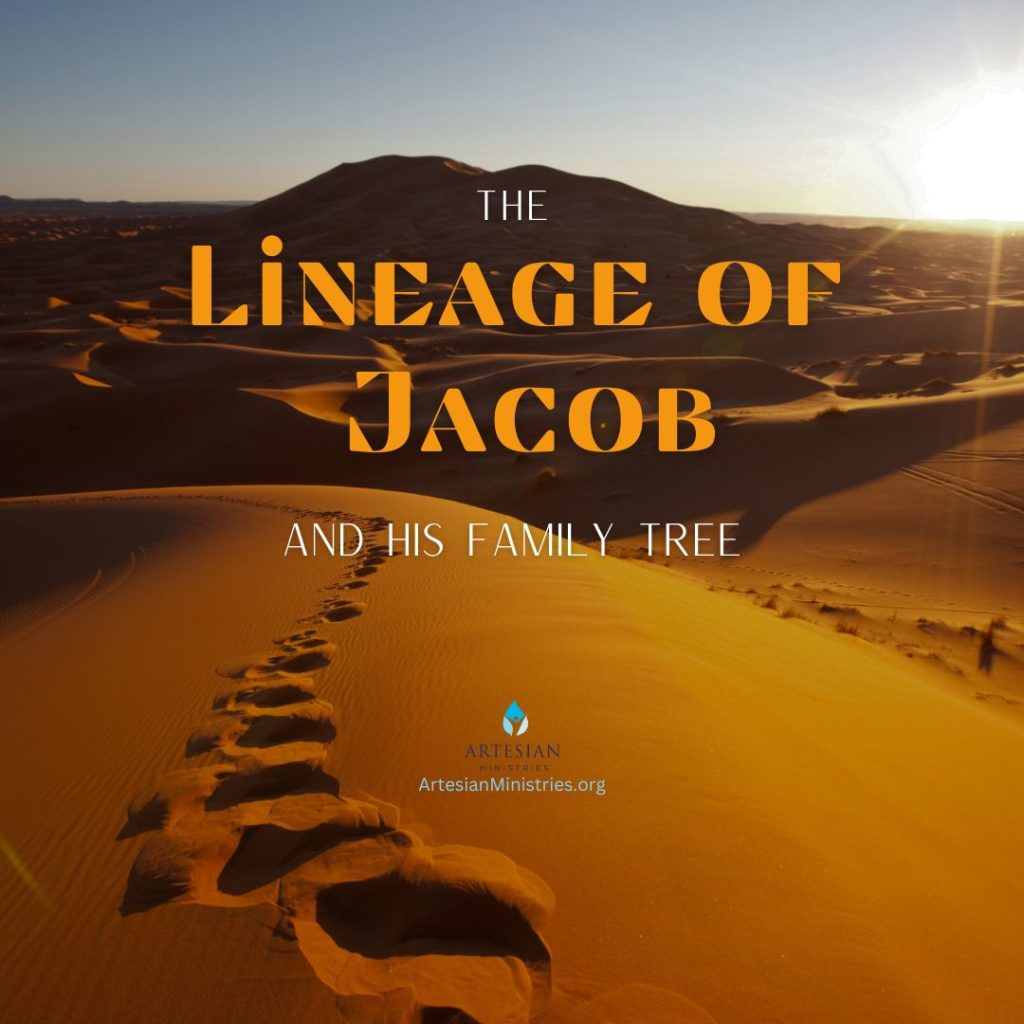
Who Were the Nephilim?
The Nephilim are possibly the most mysterious giant people groups mentioned in the Bible. They have stirred debates about their exact nature, origins, and size. Their story sets the stage for much of the biblical giant lore, making them a captivating subject to understand.
The giant Nephilim are described as the offspring of the “sons of God” and “daughters of men.” Often translated as “giants,” the term likely means “fallen ones” or “those who cause others to fall,” hinting at spiritual or physical characteristics.
The Nephilim’s great size is hinted at by their fearsome reputation, but the Bible does not provide explicit measurements. Their presence is linked to the corruption of humanity and that era’s moral decline, which led to the flood judgment.
Interpretations range from fallen angels to ancient mighty humans, affecting how one views their “giant” status. Post-biblical writings and folklore often expand on their story, sometimes enlarging their size and supernatural attributes. The complexities in their story demand a multi-disciplinary approach, including biblical linguistics and ancient mythology.
Common Myths
- Myth: The Nephilim were purely supernatural giants.
Truth: The Bible hints at a hybrid nature but leaves room for human or spiritual interpretations. - Myth: Nephilim were the same as all giants.
Truth: They are a specific group mentioned before the flood, distinct from other giant clans encountered later. - Myth: The Bible provides definitive measurements of Nephilim size.
Truth: There are no explicit height measurements, only reputation and context implying largeness.
Related: What is the Biblical Meaning of Restore and Renew?
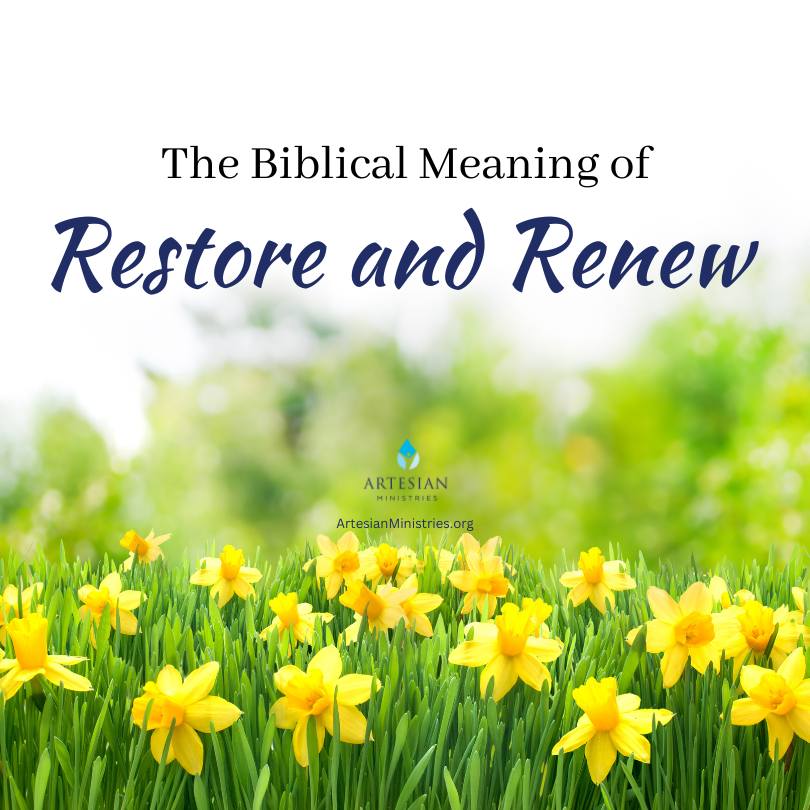
The Rephaim and Their Stature
The Rephaim hold a special place among the biblical giants, often shrouded in mystery and linked with enormous height and strength. Their stature, role, and legacy reveal intriguing insights into ancient perceptions of giants.
In some texts, Rephaim reference spirits of the dead, which adds a supernatural dimension alongside their physical descriptions. Though exact heights aren’t given, they are consistently called mighty or “of great stature,” hinting at near-mythical proportions.
The Rephaim were not just warriors but ancestors. They are linked with old kings and ancient peoples, suggesting their role extended beyond size to cultural heritage. This association ties them to memories of great battles and perhaps legends of lost strength or grandeur.
This poetic imagery blends physical existence with spiritual presence, complicating how literal to take their size. This delay may reflect respect or fear for the giants’ sheer power and possibly symbolic dominance. Their presence in biblical texts preserves a notion that giants were both earthly and otherworldly phenomena.
Common Myths
- Myth: Rephaim are only spirits, not physical giants.
Truth: They are described both as physical giants and as shades or spirits, showing layered meanings. - Myth: All Rephaim were hostile toward Israel.
Truth: While many opposed Israel, others may have had less adversarial roles or represented ancient ancestors. - Myth: Rephaim had fixed heights detailed in scripture.
Truth: Their size is implied by descriptions, but precise measurements are absent.
Related: Brimstone and Fire – What is the Biblical Meaning?
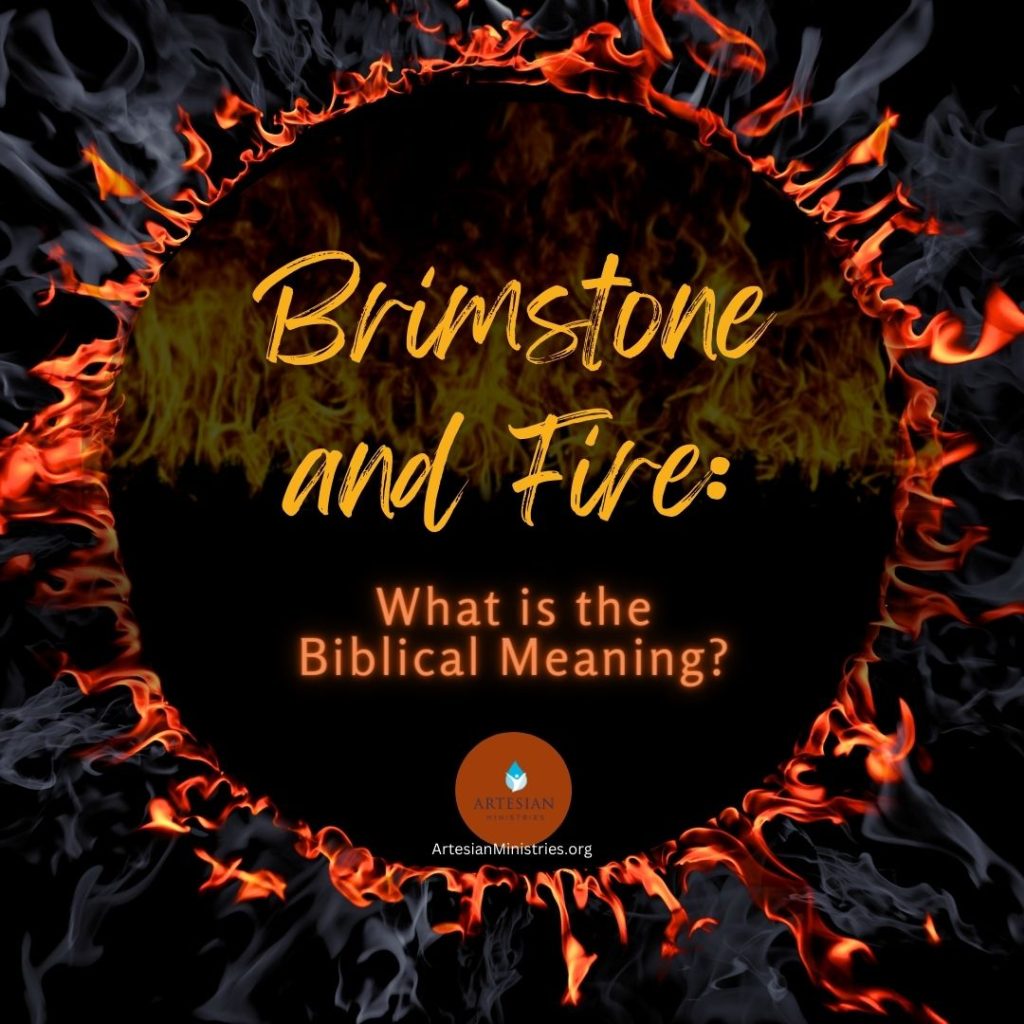
Measurement Systems in Biblical Times
To decode giant heights from ancient texts, we need to get comfortable with old measuring systems like cubits and spans—units that don’t fit neatly into modern rulers but tell a story about how people then understood size.
The cubit varied from about seventeen to twenty-one inches. Typically based on the length from the elbow to the fingertip, cubits differed across regions and epochs, impacting how tall giants are approximated today.
Used frequently with cubits to add precision, spans measure half a cubit, roughly nine inches, but also vary, complicating exact modern conversions. Measurements were often anthropomorphic. Based on human body parts, making standardization tricky compared to modern metric units.
Some texts use double cubits or “great” cubits. Ancient texts occasionally specify longer cubits, potentially inflating height measurements if misunderstood. The royal cubit of Egypt differs from the common cubit elsewhere, so knowing the cultural backdrop helps refine size estimates of giants.
Ancient measurement literacy was high among priests and scribes. These groups maintained standards, but variations remained due to regional practices. Modern calculations depend on archaeological analysis. Excavations of rulers, buildings, or artifacts measured in cubits help scholars estimate exact lengths.
Common Myths
- Myth: Cubits were a fixed length for all cultures and eras in the Bible.
Truth: Cubits varied regionally and over centuries, so biblical references to measurements need contextual interpretation. - Myth: The span is a precise measurement exactly half a cubit in all cases.
Truth: Like cubits, spans could vary slightly, affecting height calculations. - Myth: Biblical authors intended modern precision when citing measurements.
Truth: The texts primarily convey approximate size and grandeur, not standard technical data.
Related: What Does the Number 8 Mean in the Bible?
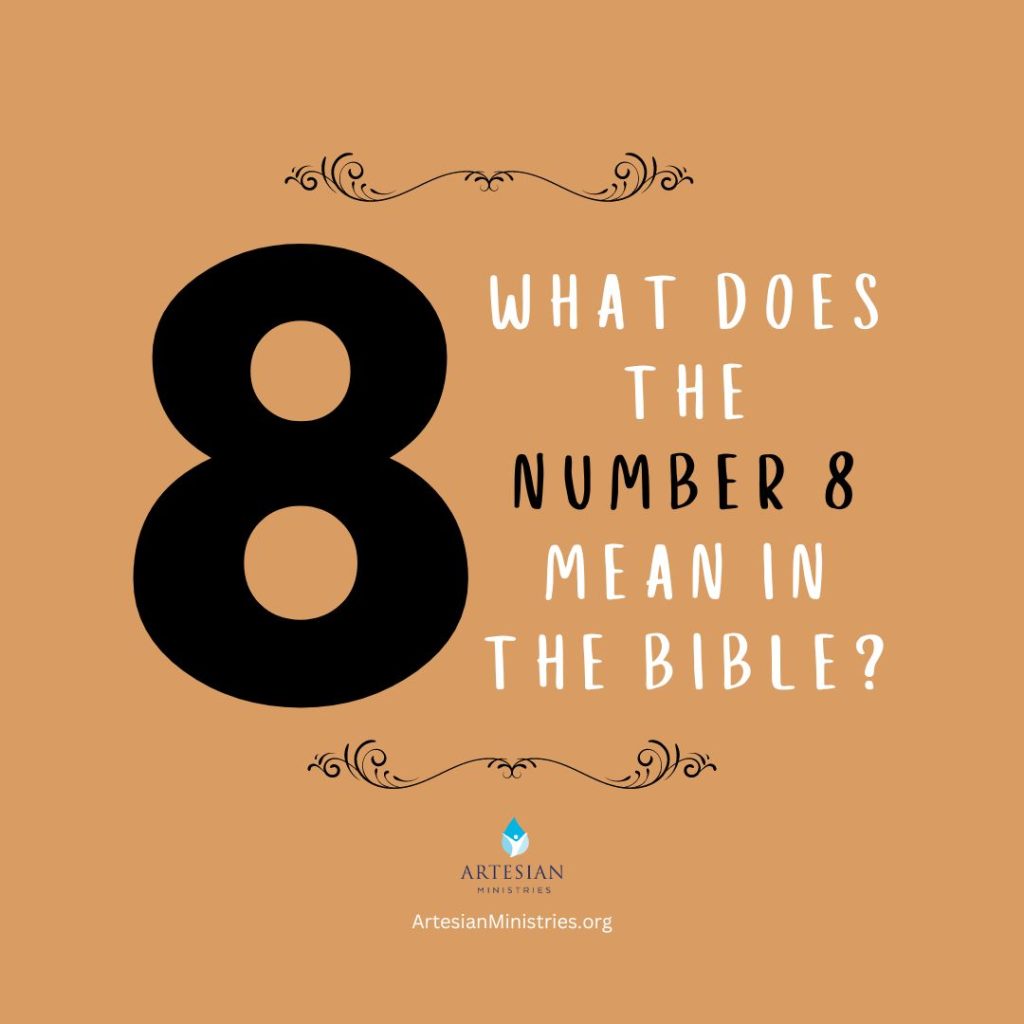
Comparing Giants Across Ancient Texts
Biblical giants don’t exist in a vacuum; other ancient cultures also spoke of giants or larger-than-average beings. Comparing these narratives sheds light on how ancient people understood the concept of enormous stature.
Ancient Mesopotamian texts mention giant-like figures. Stories like the Epic of Gilgamesh reference tall, strong beings who reflect cultural ideals of power and divinity.
Egyptian records also speak of “Shemsu-Hor” giants. These were semi-divine warriors and rulers often depicted as gigantic, linked with royal dynasties and mythic rulers.
Greek Mythology and Giants
Greek mythology has its titans and giants. Titans like Cronus symbolize primordial strength, often conflated with biblical giants in comparative studies. Near Eastern texts often show giants as demi-gods. Giants typically straddle human and divine realms, demonstrating shared ancient themes of greatness.
Comparisons help identify symbolic roles. Across cultures, giants often symbolize chaos, power, or obstacles to divine order, paralleling the biblical giants’ representation.
Descriptions are culturally relative. What one culture saw as “giant” height could differ widely depending on average human sizes and storytelling style.
Cross-cultural giants promote intertextual understandings. Recognizing similarities in giant myths enhances the grasp of biblical giants’ narrative and theological purposes.
Common Myths
- Myth: Giants in all ancient texts refer to literal giant humans.
Truth: Many reflect mythical or symbolic beings representing abstract concepts like chaos or divine power. - Myth: Biblical giants are unique without parallels.
Truth: There are many cross-cultural giants with similar characteristics, supporting a shared ancient worldview. - Myth: Ancient giants were the same size across all stories.
Truth: Sizes vary widely, shaped by cultural norms and narrative purposes.
Related: Top 10 Longest and Hardest Names in the Bible
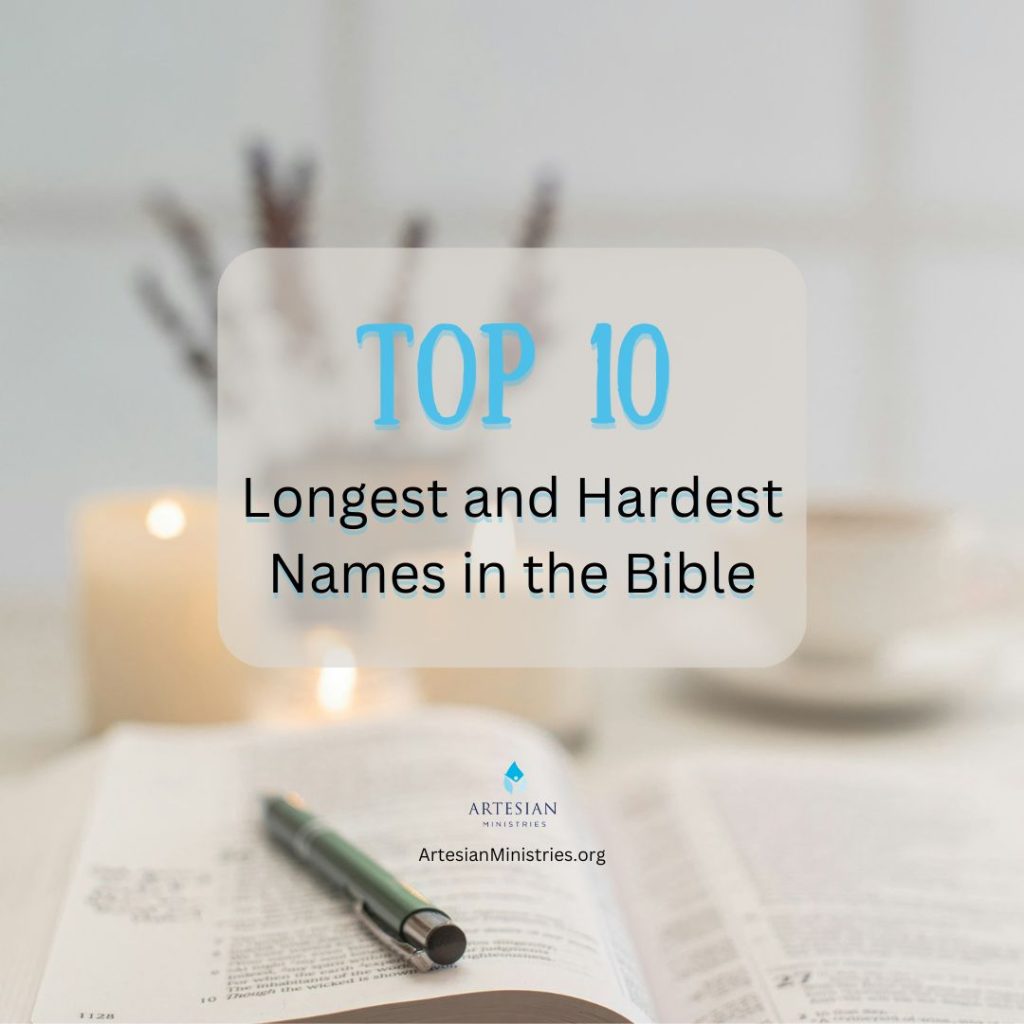
Interpretations by Theologians and Scholars
Over centuries, theologians and biblical scholars have debated how to understand giants in the Bible—including their size, nature, and symbolism. Seeing these interpretations reveals how the giants’ meaning has evolved alongside religious thought.
Early church fathers had mixed views. Some, like Jerome, took giants’ height quite literally, while others saw them as symbolic of sin and chaos. Medieval scholars often emphasized literal size. Giant tales were sometimes used to illustrate God’s power over nature and enemies.
Modern biblical scholarship tends toward contextual readings. Many contemporary scholars consider giants partly symbolic, reflecting cultural worldview and theological messages.
Some theologians focus on giants as spiritual metaphors rather than real people. Giants represent obstacles to faith, human pride, or moral challenges, instead of solely physical beings. Debates about the Nephilim’s origin and nature focus on whether they were fallen angels, mighty men, or symbolic warnings about corruption.
Textual variations influence scholarly opinions. Different manuscript readings lead to differing conclusions about giant sizes and implications. Scholars use linguistics, archaeology, and anthropology. Combined theory and evidence guide nuanced interpretations beyond simplistic height claims.
Common Myths
- Myth: All scholars agree that giants were authentic and did not represent figurative language.
Truth: There is much debate and significant diversity in views, including symbolic and metaphorical interpretations. - Myth: Theological interpretations ignore historical data.
Truth: Many theologians incorporate historical, cultural, and archaeological insights into their readings. - Myth: Biblical giants have no theological significance beyond their size.
Truth: Giants often embody deeper spiritual or moral lessons.
Related: How Many Chapters and Verses Are There in the Bible?
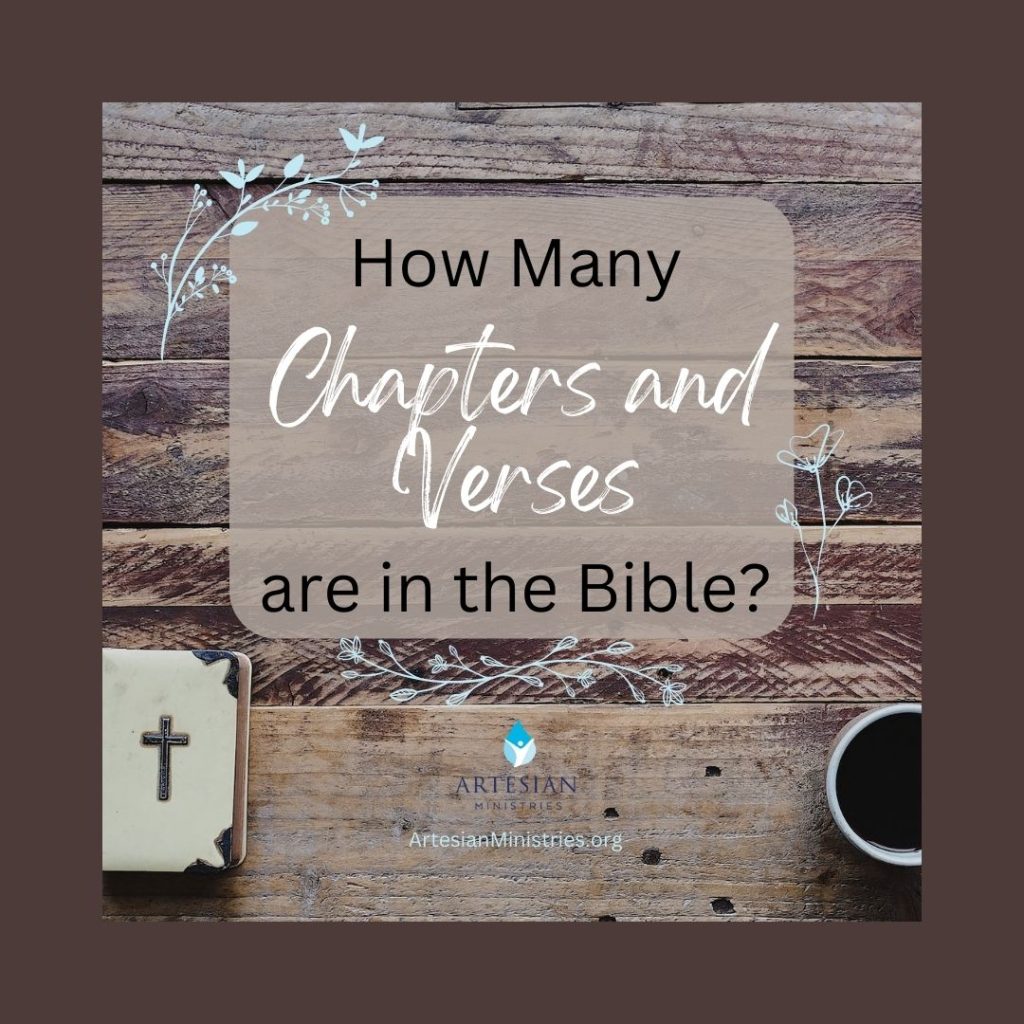
Symbolism and Meaning of Giants in Scripture
Beyond physical size, giants in the Bible pack a symbolic punch. They represent themes of chaos, opposition, or divine judgment. Grasping this symbolism adds depth to what their “height” signifies in the narrative.
Giants represent forces opposing God’s people. They often serve as metaphors for obstacles or enemies standing between Israel and its destiny. Height usually symbolized power and threat. Their large size marks them as intimidating figures that test faith and courage, rather than just physical beings.
Giants reflect cultural fears. Ancient fears of chaos, moral corruption, and overwhelming opposition get embodied in giant imagery. Some giants symbolize sin and judgment. Their downfall illustrates divine sovereignty and the triumph of righteousness.
Spiritual “giants” can represent human pride. The concept extends beyond physical size to internal or societal battles with hubris and injustice.
Giants are part of a cosmic battle narrative. Their stories fit a larger biblical motif of order over chaos, light over darkness. Their symbolism invites us to reflect on the spiritual giants that challenge us to face them with courage and faith.
Common Myths
- Myth: Giants only mean literal tall people in scripture.
Truth: They often symbolize spiritual or moral challenges beyond height. - Myth: Symbolism downgrades the historicity of giants.
Truth: Symbolic meaning and literal existence are not mutually exclusive. - Myth: Biblical giants always symbolize evil.
Truth: Some represent broader concepts like fear or power, not strictly moral judgments.
Related: What Happened to Queen Esther in the Bible?
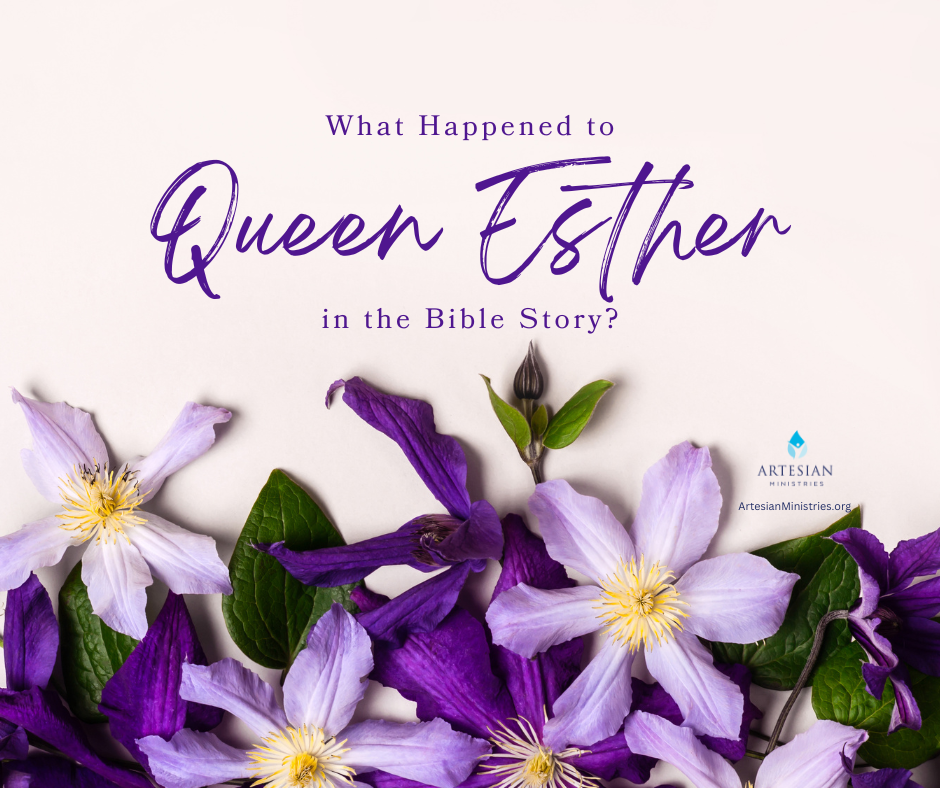
Archaeological Evidence and Giant Claims
You might wonder if archaeologists have dug up proof of giants matching those in the Bible. This section covers what the archaeological record does and doesn’t say about the existence and size of ancient giants.
There have been no verified human skeletons over nine feet from the ancient world. Reliable archaeological finds show some taller-than-average individuals, but nothing approaching legendary biblical scales.
Many alleged giant discoveries prove to be hoaxes or interpretations. Photos and stories about enormous skeletons are often debunked or fraudulent. Most populations averaged between five and six feet, making biblical giants stand out if literal.
Literally or Symbolically Giants?
Archaeology documents large structures and artifacts, which are occasionally linked to giants symbolically. However, these findings reveal ancient engineering feats but not giant human women or men.
Some artifacts nourish giant legends. Oversized weapons or statues sometimes get mistaken for proof of giant races. Archaeological evidence must be distinguished carefully from folkloric or legendary claims.
Wise scholars use caution when linking archaeology to biblical giants. Most interpret evidence tentatively, emphasizing gaps in data.
Common Myths
- Myth: Archaeology has uncovered giant skeletons validating biblical giants.
Truth: No authenticated giant humanoid skeletons matching biblical giants have been found. - Myth: Large ancient weapons prove giants existed.
Truth: Artifact size can be symbolic or for other uses, not necessarily proof of giant users. - Myth: Legends about giants come directly from archaeological facts.
Truth: Many giant stories are cultural myths with little supporting physical evidence.
Great giants in the Bible have inspired countless stories, art, and cultural ideas well beyond ancient texts. Understanding their modern impact helps appreciate how these figures continue to shape imagination and belief.
Bottom Line
From medieval manuscripts to contemporary fantasy novels and films, biblical giants like Goliath maintain iconic status.
Phrases like “David and Goliath” symbolize underdog triumphs, showing giants’ metaphorical weight in culture. Giants serve as case studies in how ancient stories influence modern identity and mythology.
Related Posts:
- Best Bible Reading Plans
- Warriors in the Bible: 13 Essential Life Lessons to Learn
- 50 Motivational Bible Verses About Aging Gracefully
About the Author
Donna is a sought-after speaker, multi-published author, and Bible teacher. Her path from unchurched to becoming passionate about sharing Jesus was difficult. Read about her God-breathed journey: “From Unchurched to Becoming a Multi-Published Author and Sought-After Speaker.” If you want to send Donna a quick message, visit her here.

{Some of these links are affiliate links. If you purchase through that link, the ministry may receive a small commission at no extra cost to you.}

